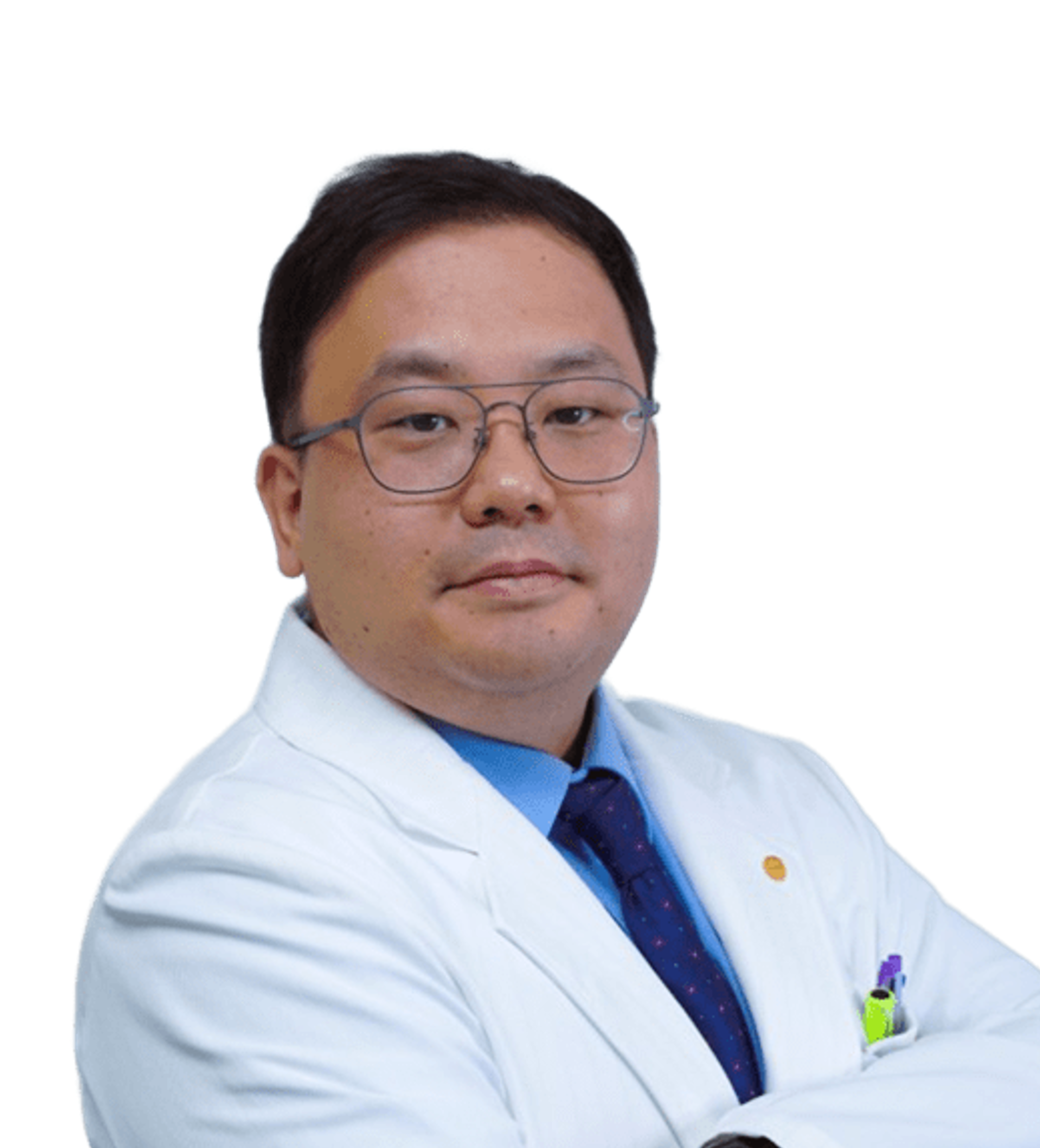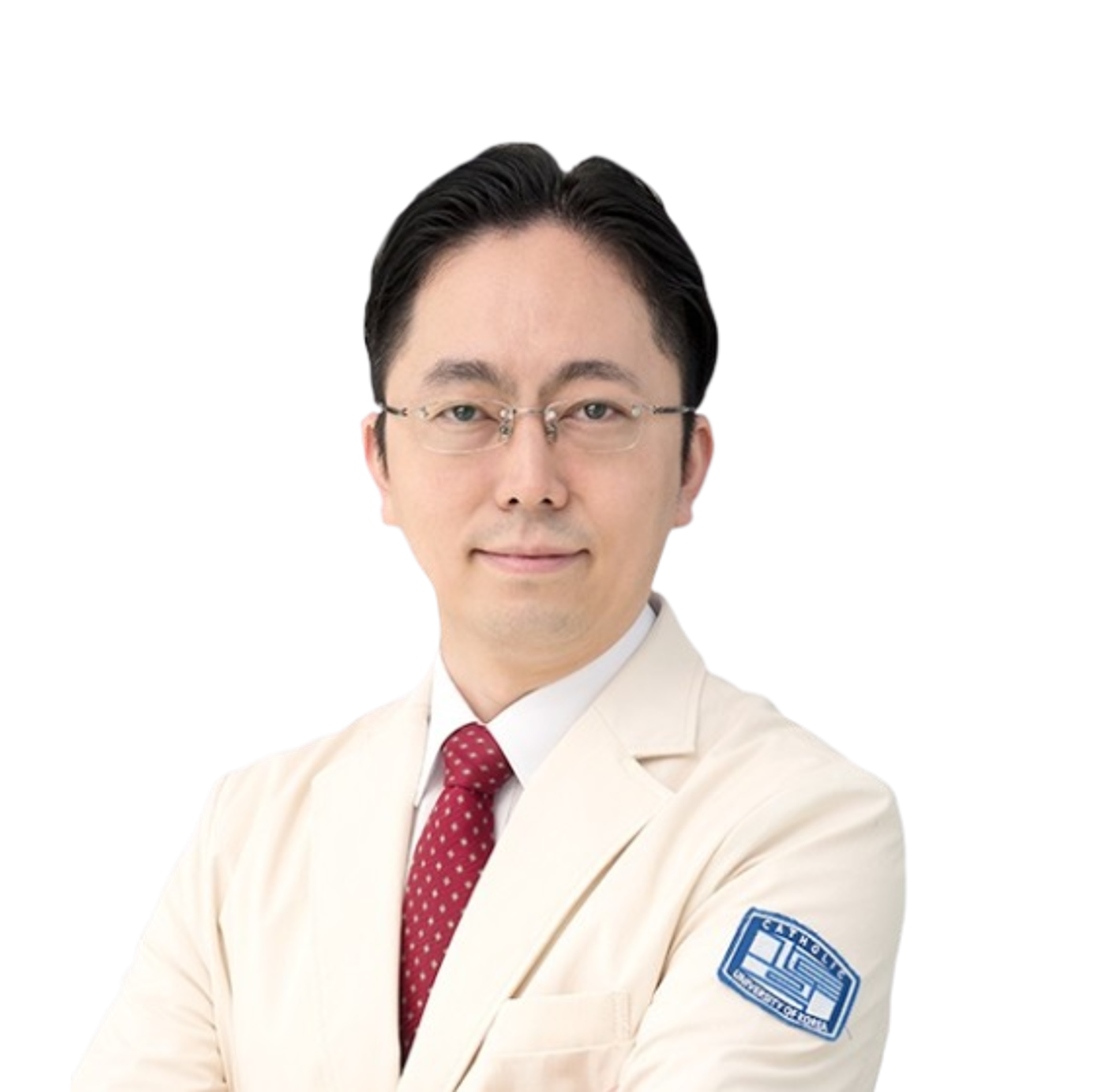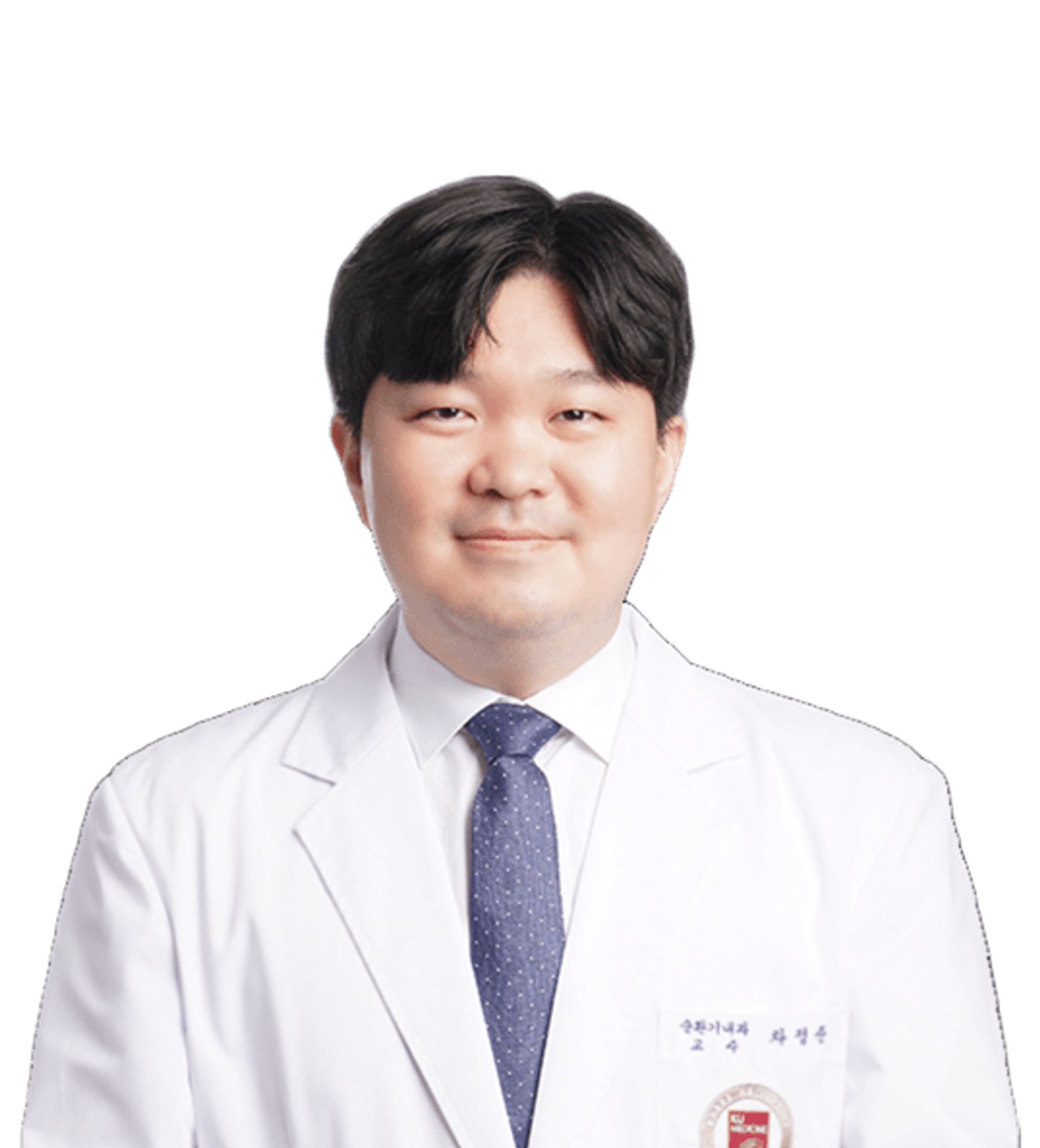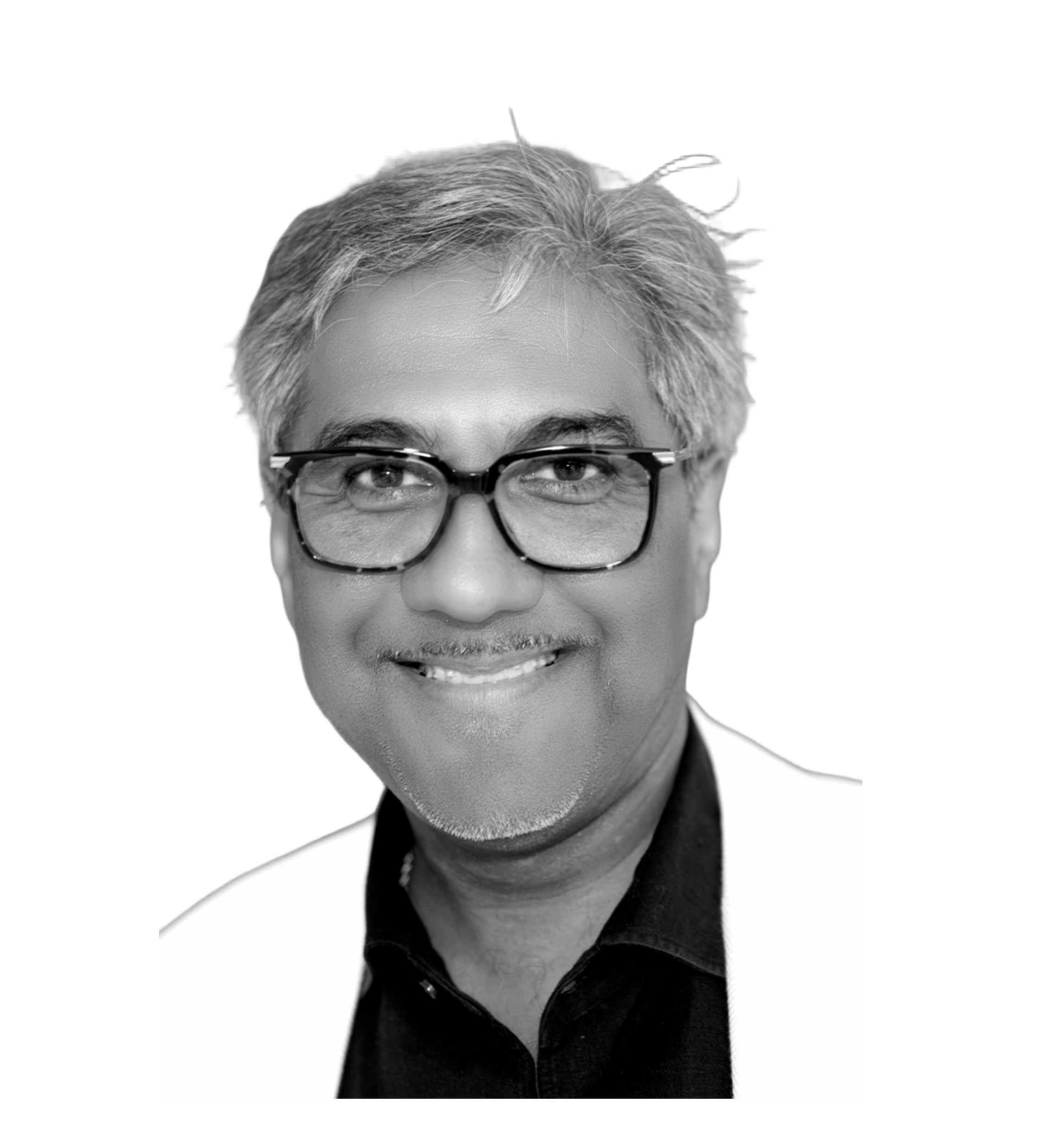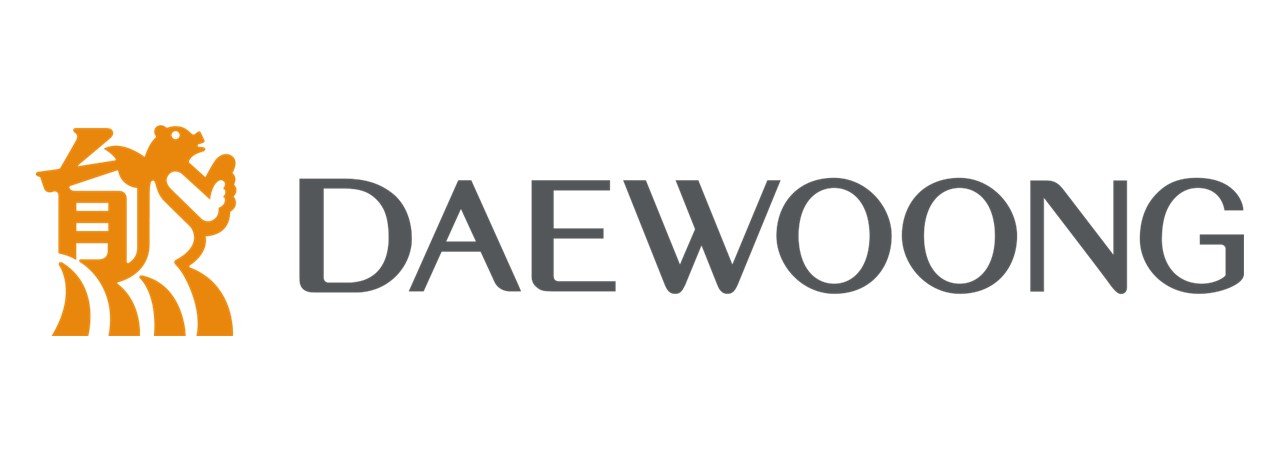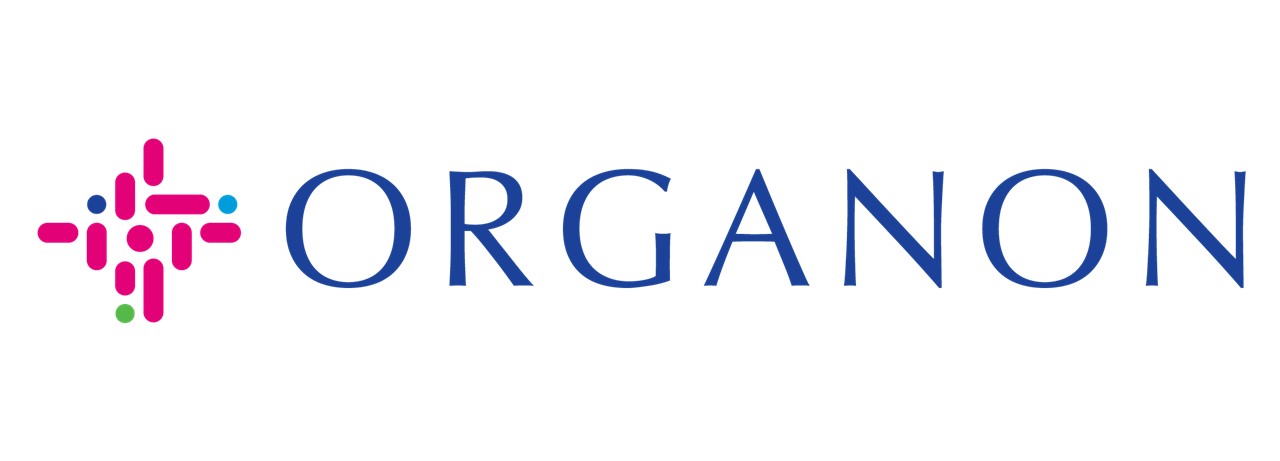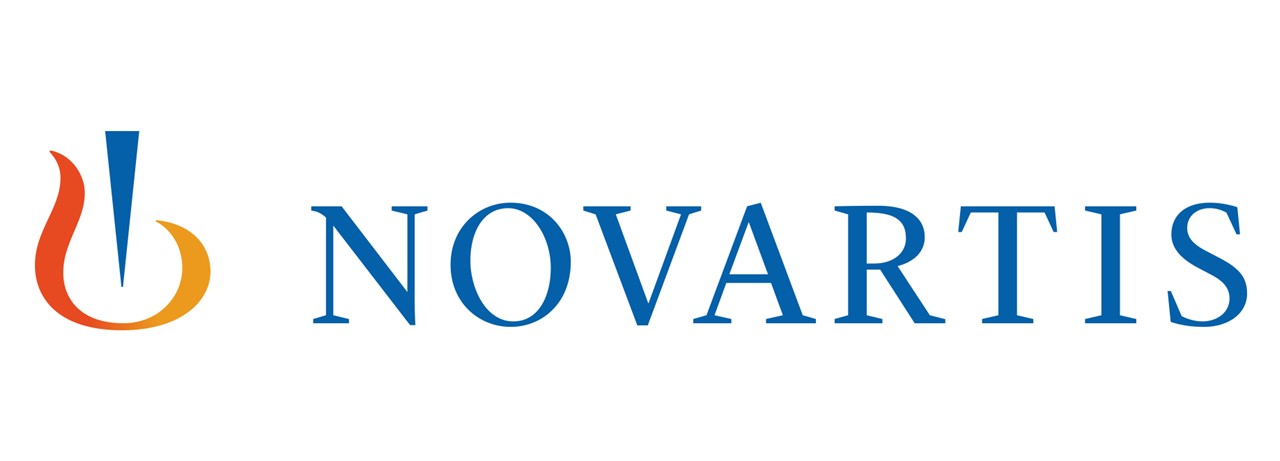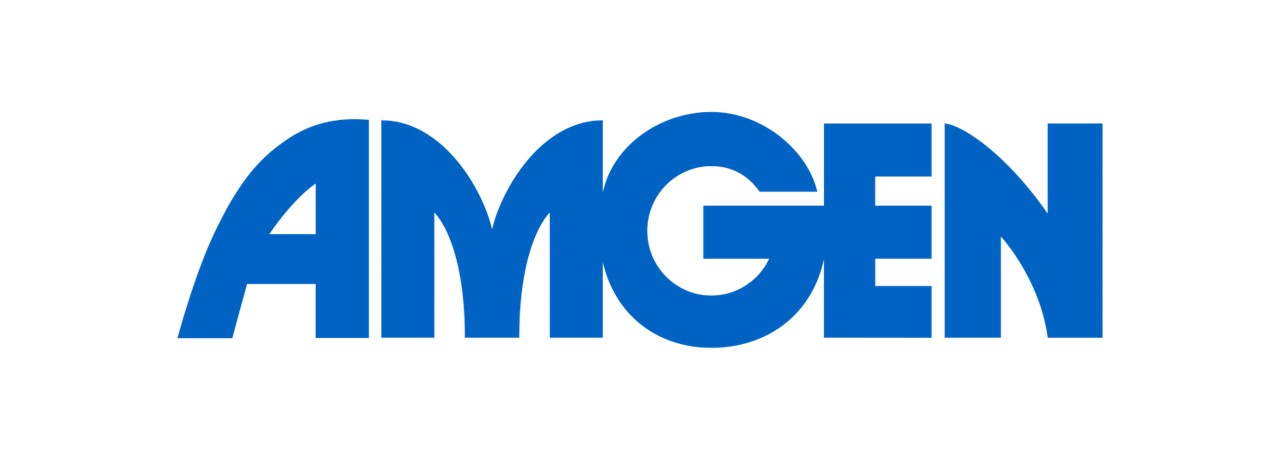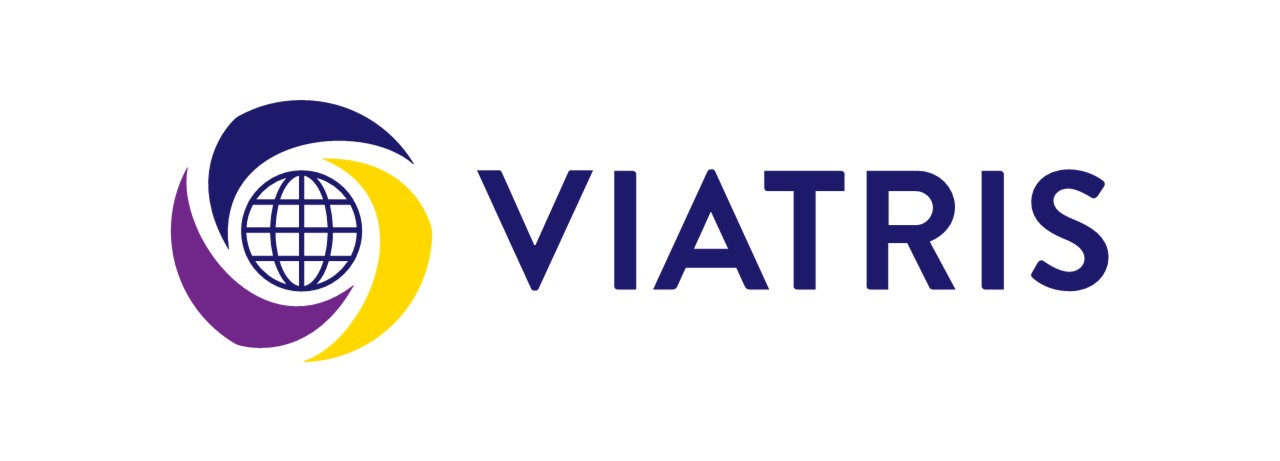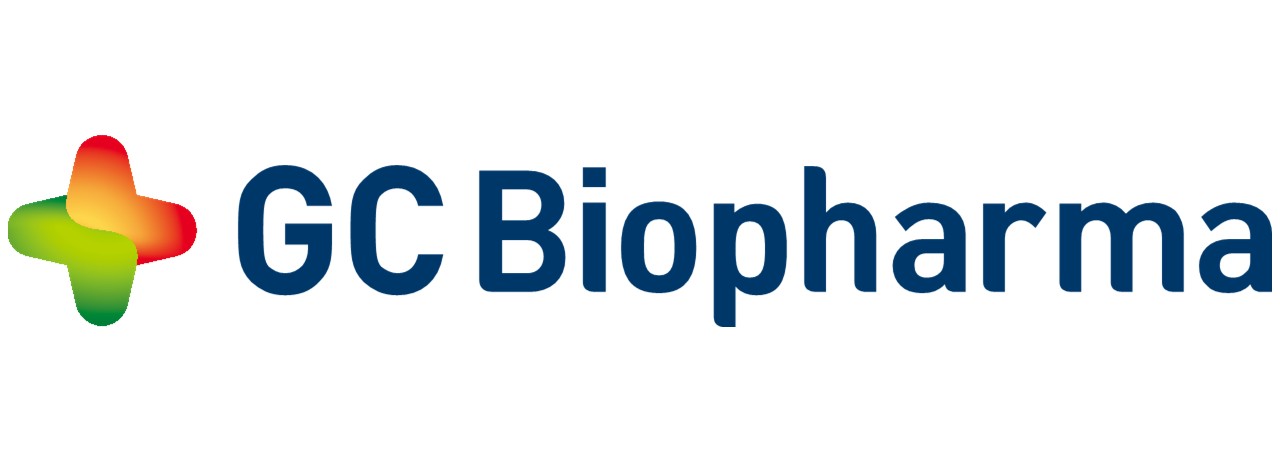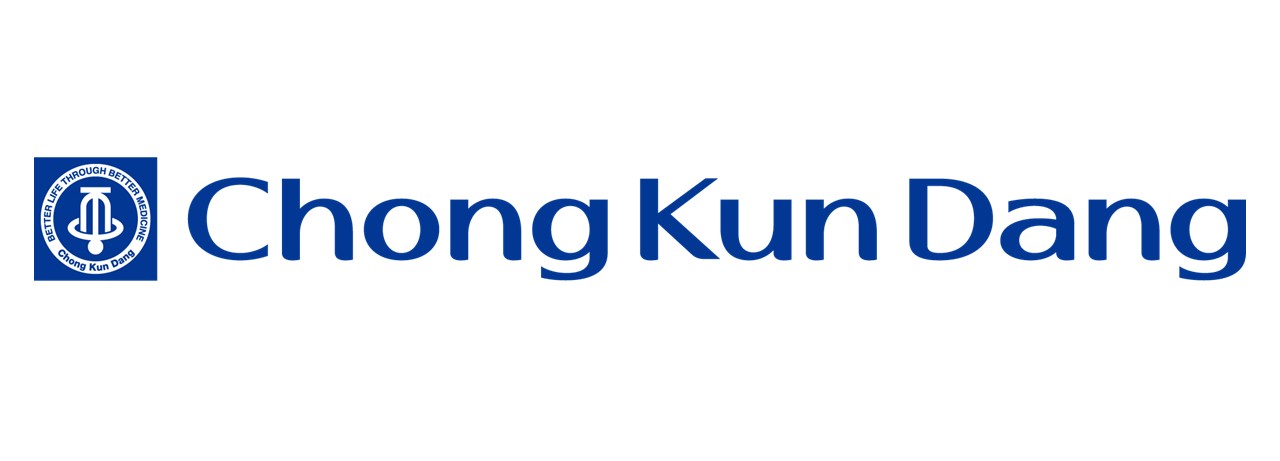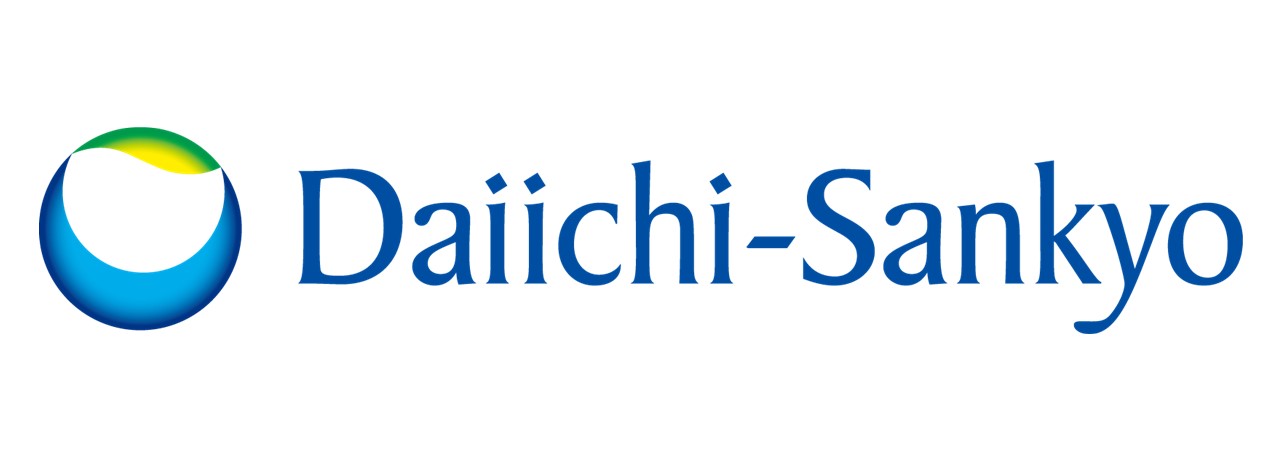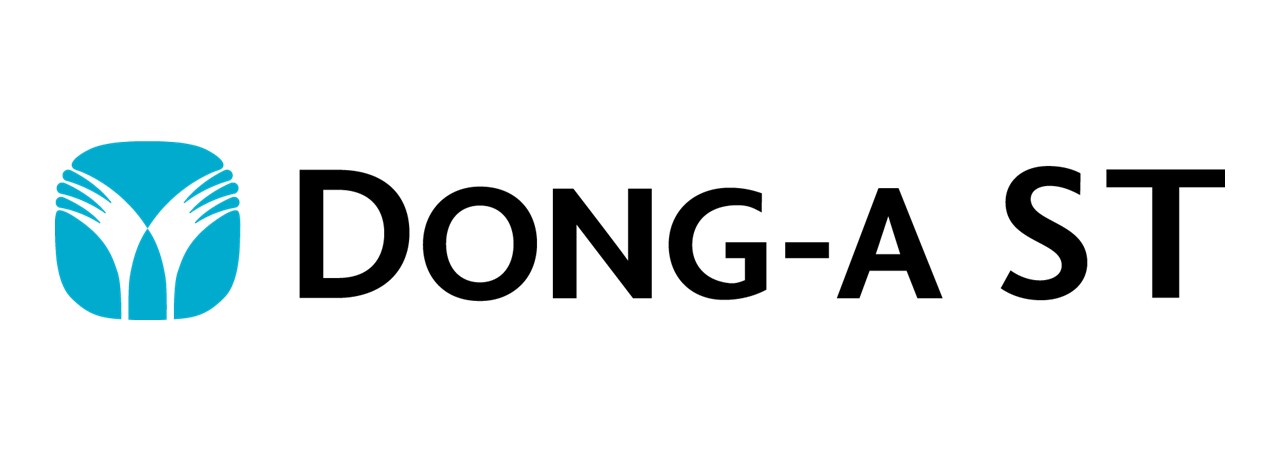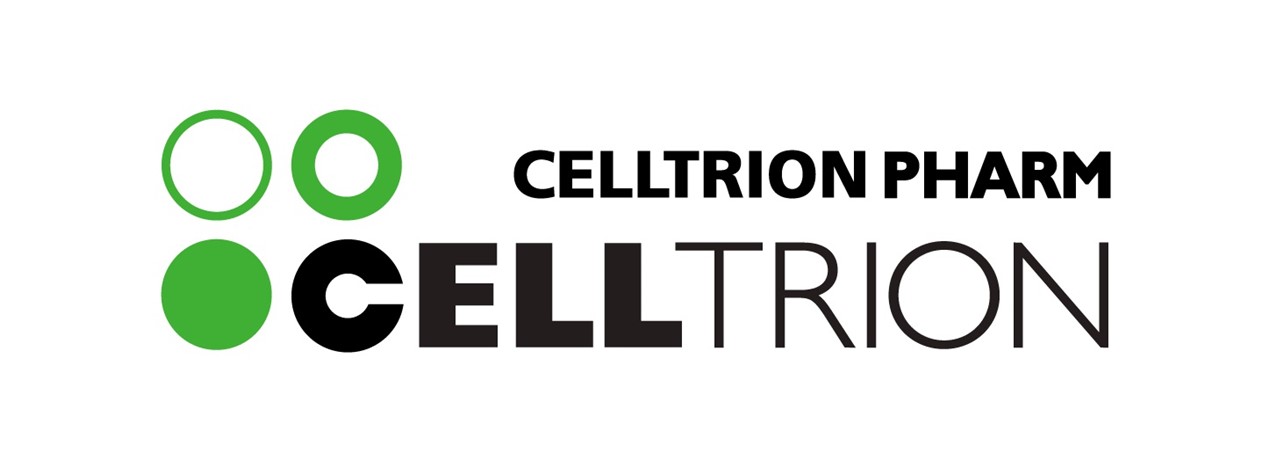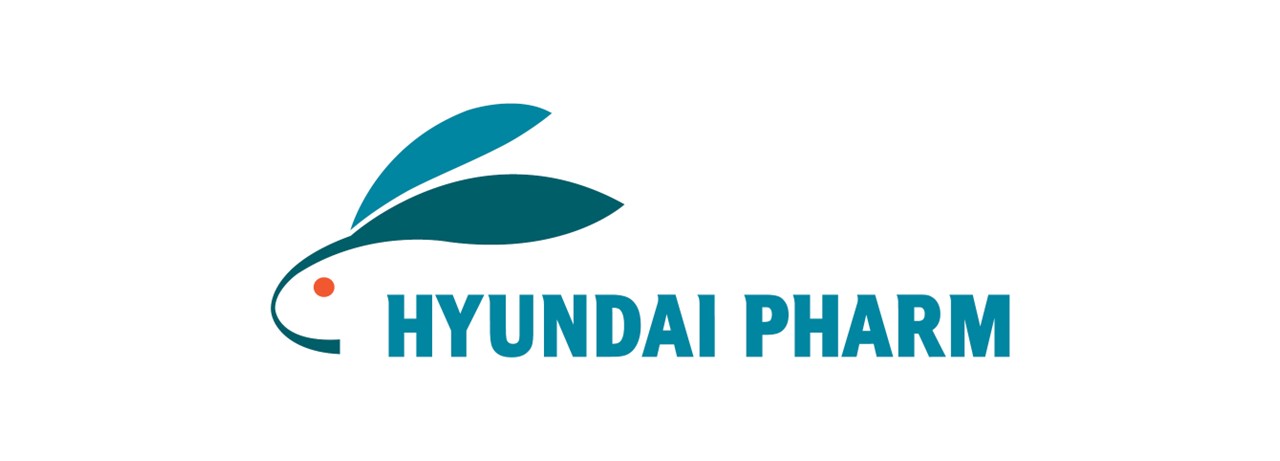Chairperson(s) : Myung A Kim (Seoul National University, Republic of Korea), Byung Jin Kim (Sungkyunkwan University, Republic of Korea)
Panel(s) : Soo-Jin Kim (Kosin University, Republic of Korea), Wonjin Kim (Cha University, Republic of Korea), Joonpyo Lee (Gachon University, Republic of Korea), Seong Huan Choi (Inha University, Republic of Korea)
DetailLipoprotein(a) has emerged as an independent cardiovascular risk factor, yet its clinical significance varies across populations and metabolic states. This session brings together key insights on Lp(a): epidemiologic data on ASCVD in Asian populations (Dr. Young Woo Jang), its paradoxical inverse association with metabolic risk (Dr. Jung A Kim), and practical guidance on Lp(a) measurement and reporting (Dr. Sang-Guk Lee). Together, these talks aim to clarify current controversies and highlight the nuances that clinicians and researchers must consider in the era of precision lipidology.
-
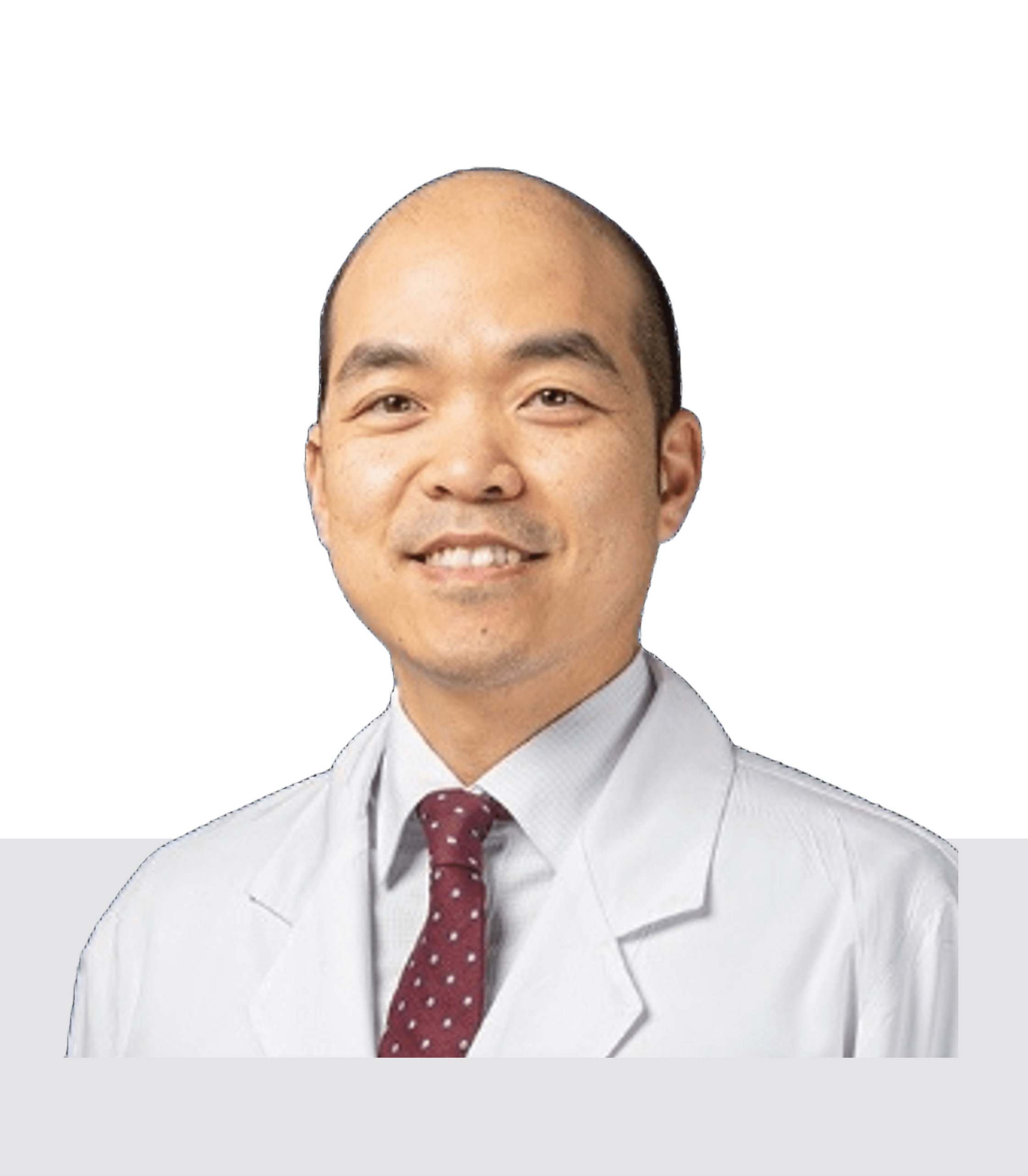
Epidemiologic evidence on Lp(a) and ASCVD in Asian populations
Youngwoo Jang Gachon University, Republic of Korea 13:00~13:20 -

The inverse link between Lp(a) and metabolic risk: signal or noise?
Jung A Kim Korea University, Republic of Korea 13:20~13:40 -

Lp(a) testing today: mind the method, mind the unit
Sang-Guk Lee Yonsei University, Republic of Korea 13:40~14:00 - Panel Discussion 14:00~14:30
Chairperson(s) : Hyeon Chang Kim (Yonsei University, Republic of Korea), SungHee Choi (Seoul National University, Republic of Korea)
Panel(s) : Se-eun Park (Sungkyunkwan University, Republic of Korea), Yong-Jae Lee (Yonsei University, Republic of Korea), Keum Ji Jung (Yonsei University, Republic of Korea)
DetailCardiovascular risk prediction is a key step for guiding primary prevention therapy such as statins. However, cardiovascular risk models have not yet been incorporated into clinical practice guidelines in Korea. This session will discuss the current research landscape of cardiovascular risk prediction in the general population and in special subgroups, particularly focusing on their potential applicability in clinical practice and future directions.
-
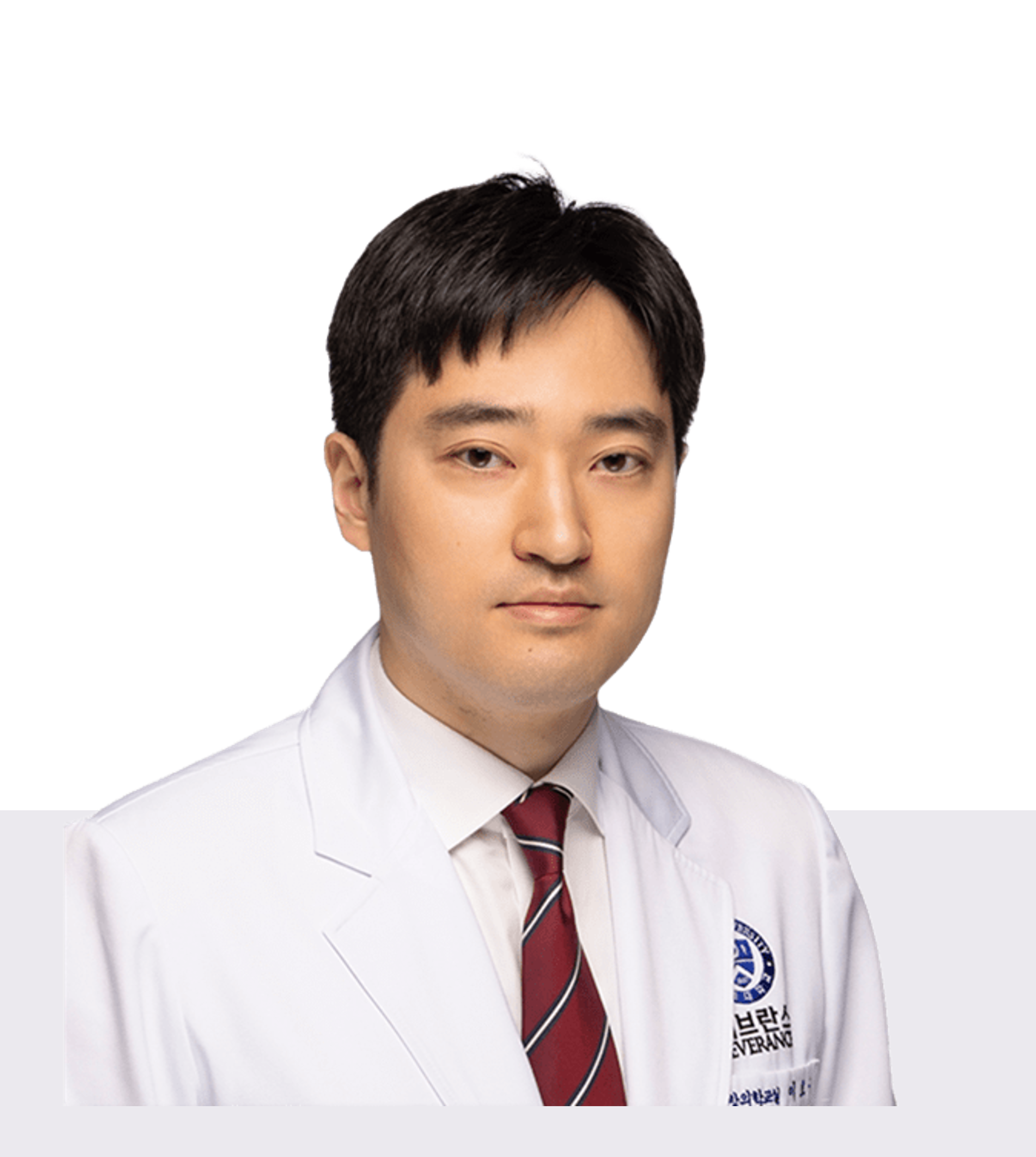
CVD risk prediction in low-risk population
Hokyou Lee Yonsei University, Republic of Korea 14:40~15:00 -
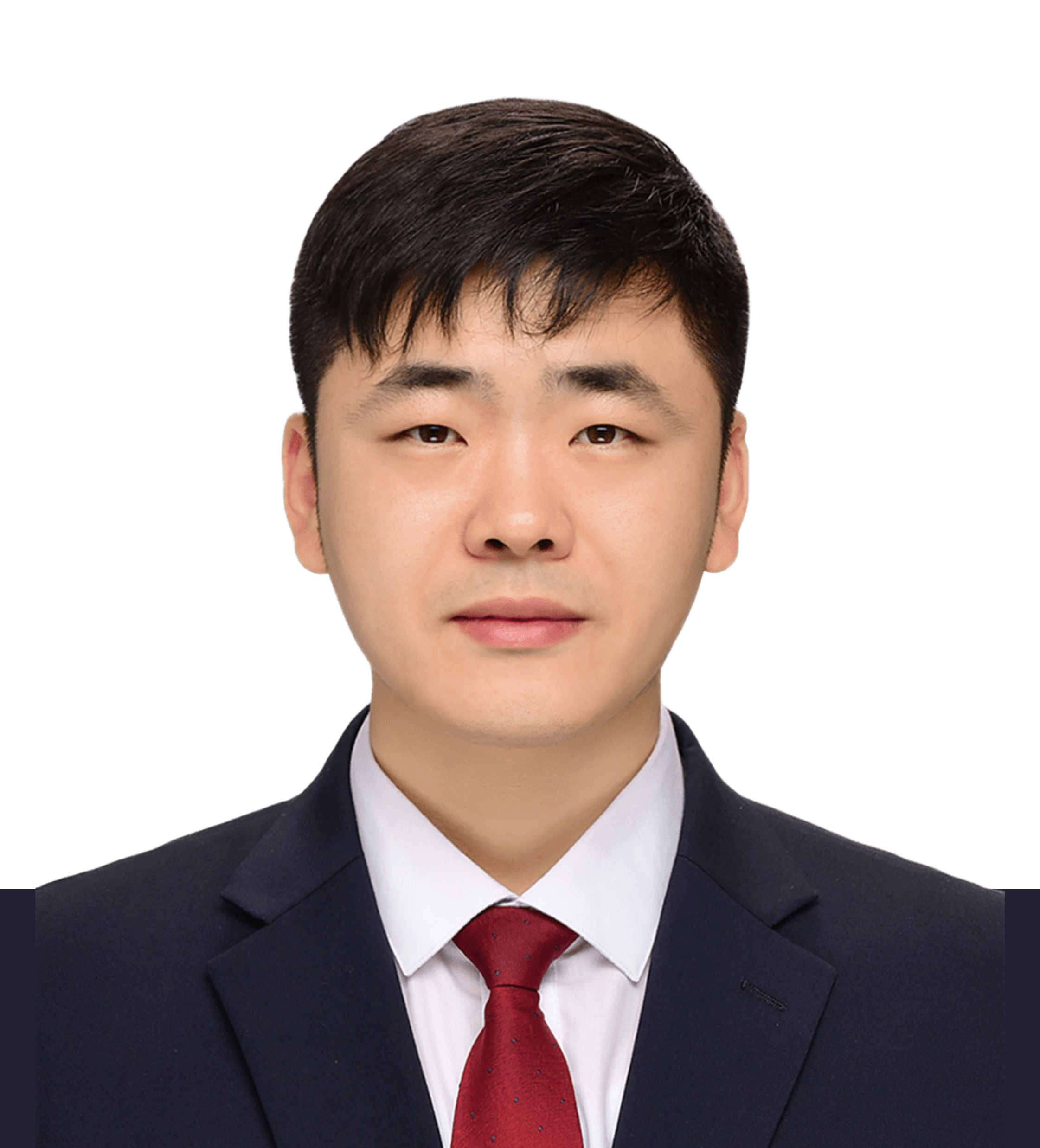
CVD risk prediction in older persons
Sangwoo Park University of Ulsan, Republic of Korea 15:00~15:20 -
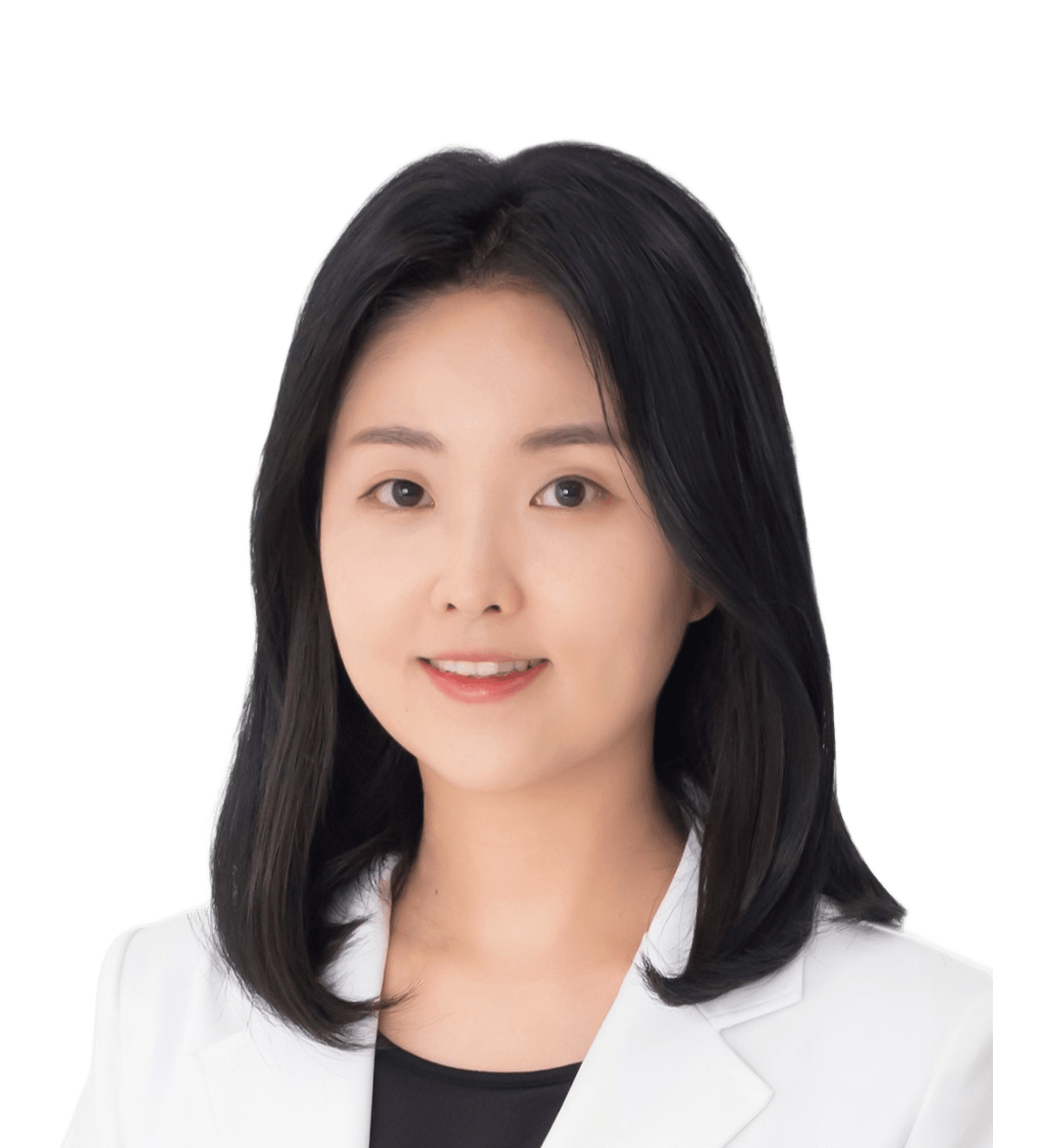
CVD risk prediction in diabetes and high-risk patients
Eu Jeong Ku Seoul National University, Republic of Korea 15:20~15:40 - Panel Discussion 15:40~16:10
Chairperson(s) : Eun Gyoung Hong (Hallym University, Republic of Korea), Chul Sik Kim (Yonsei University, Republic of Korea)
Panel(s) : Sungha Park (Yonsei University, Republic of Korea), SungA Bae (Yonsei University, Republic of Korea), Ye Seul Yang (Seoul National University, Republic of Korea)
DetailOrganized by the Clinical Practice Guideline Committee of KSoLA, this session will address a central and timely question: “How Low is Low Enough for LDL-C in Diabetes?” The session begins with a comparative overview by Professor Jong Han Choi (Konkuk University, Republic of Korea), who will examine LDL-C targets for diabetic patients across major international guidelines. Following this, a structured debate will explore two contrasting perspectives: Professor Wonjin Kim (CHA University, Republic of Korea) will argue in favor of intensive treatment for all diabetic patients aiming for LDL-C <55 mg/dL, while Professor Mihye Seo (Soonchunhyang University, Republic of Korea) will advocate for a personalized approach based on individual risk profiles. This symposium promises to offer clinically relevant insights into optimizing lipid management strategies in patients with diabetes, balancing guideline recommendations with real-world considerations.
-

LDL-C targets for patients with diabetes across major guidelines
Jong Han Choi Konkuk University, Republic of Korea 16:20~16:40 -

Pro: all patients with diabetes should be treated to LDL-C <55 mg/dL?
Wonjin Kim CHA University, Republic of Korea 16:40~17:00 -
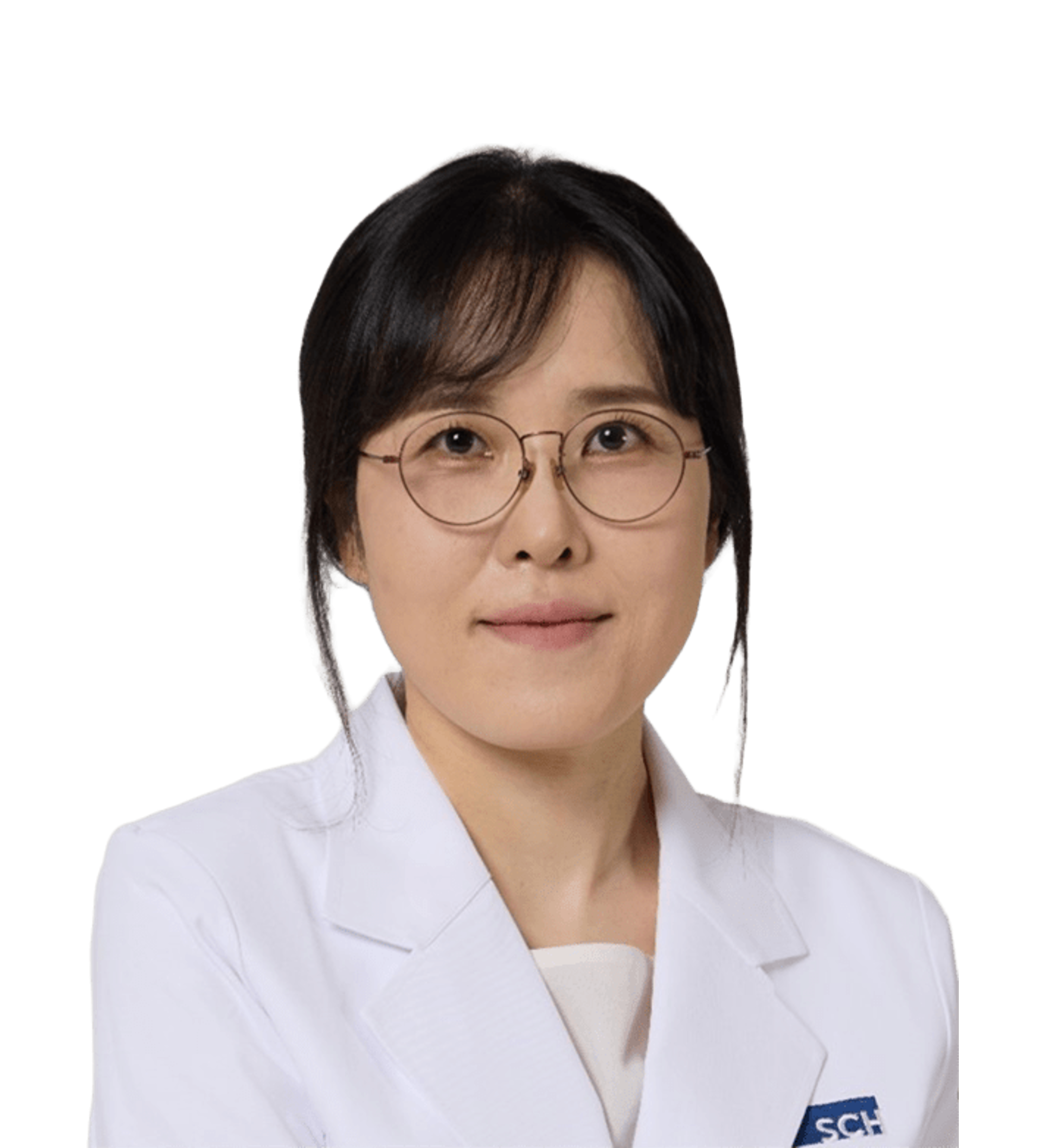
Cons: LDL-C targets should be personalized in diabetic patients?
Mihye Seo Soonchunhyang University, Republic of Korea 17:00~17:20 - Panel Discussion 17:20~17:50
Chairperson(s) : Do-Sun Lim (Korea University, Republic of Korea)
Panel(s) : Keehwan Lee (University of Ulsan, Republic of Korea), A Ram Hong (Chonnam National University, Republic of Korea)
Chairperson(s) : Jeong-Taek Woo (Kyung Hee University, Republic of Korea), Jae Hyoung Park (Korea University, Republic of Korea)
Panel(s) : Kyung-Soo Kim (CHA University, Republic of Korea), Hong Seok Lim (Ajou University, Republic of Korea), Jaehoon Chung (Dongguk University, Republic of Korea)
DetailWhile TG have historically been overshadowed by the focus on LDL-C, the cumulative evidence suggests that they should not be ignored as a risk factor for CVD and should clearly be taken into account when assessing atherosclerotic residual risk. TG and their remnant cholesterol have direct implications in the pathogenesis of atherosclerotic CVD and their management could represent an additional therapeutic strategy. In this session, we will present the relationship of remnant cholesterol and ASCVD, furthermore sarcopenia. Although lack of clear evidence, recent strategy to target remnant cholesterol will be introduced. Through this session, we hope you to widen the scope of lipid management.
-
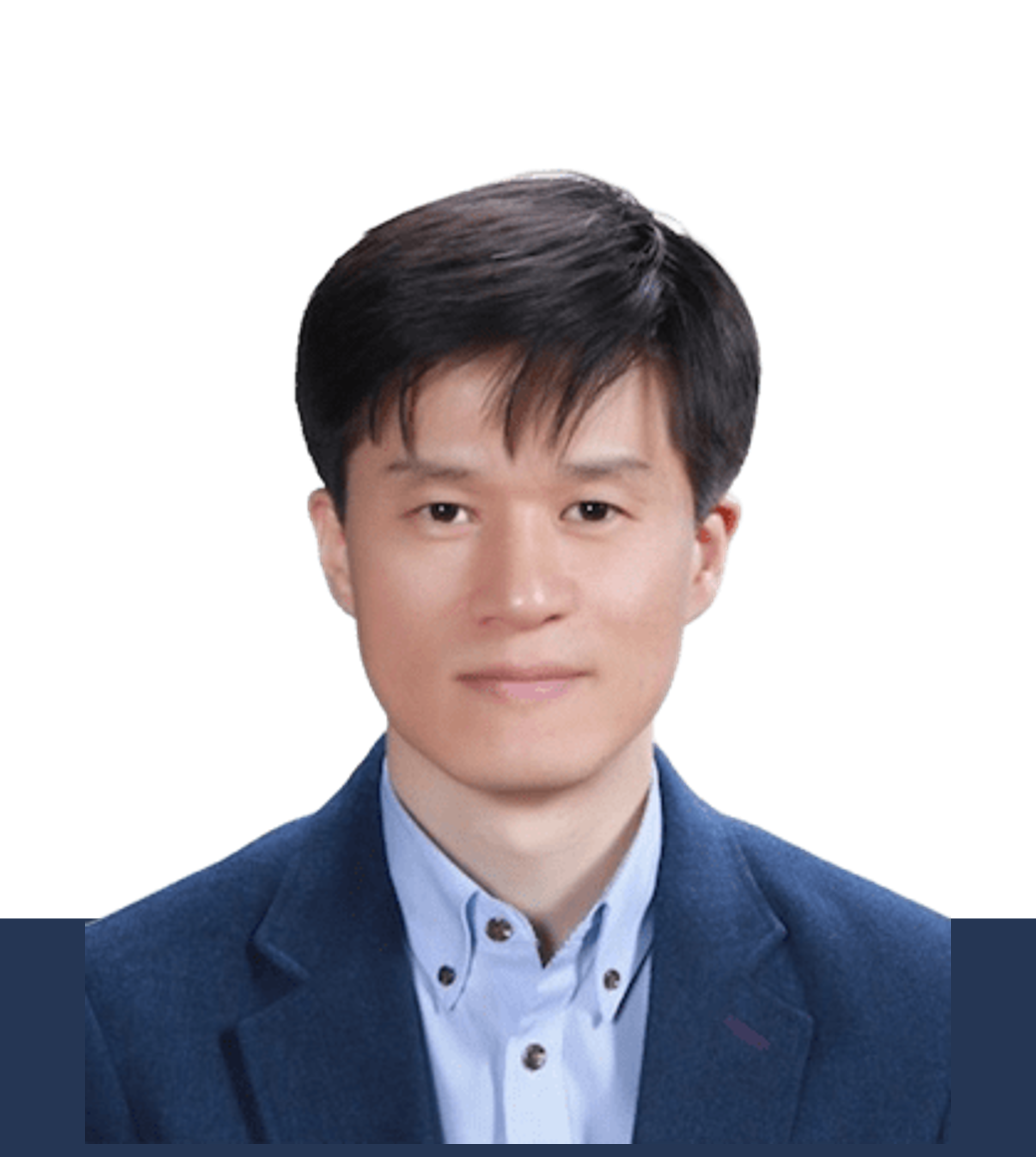
Remnant cholesterol as a residual risk in ASCVD patients under statin-based lipid-lowering therapy
Sung Gyun Ahn Yonsei University, Republic of Korea 08:30~08:50 -
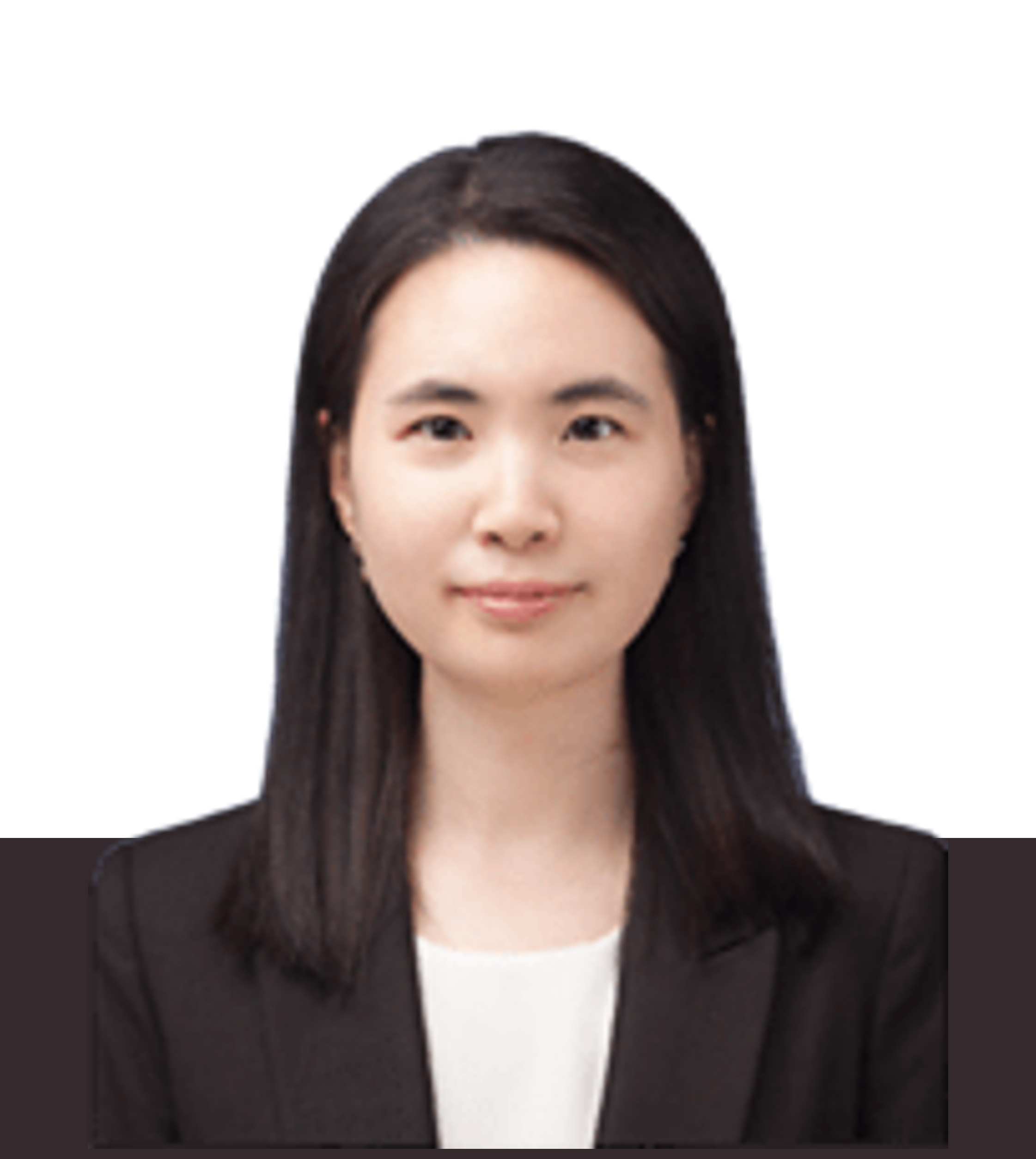
Association between remnant cholesterol and sarcopenia: implications on muscle health
Soo Yeon Jang Korea University, Republic of Korea 08:50~09:10 -

Targeting remnant cholesterol in the era of precision lipid management
Pablo Corral Fasta University, Argentina 09:10~09:30 - Panel Discussion 09:30~10:00
Chairperson(s) : Chee Jeong Kim (Chung-Ang University, Republic of Korea)
Panel(s) : Sang Ah Lee (Jeju National University, Republic of Korea), Sungsoo Cho (Yonsei University, Republic of Korea)
Chairperson(s) : Seok-Min Kang (Yonsei University, Republic of Korea), Young Sup Byun (Inje University, Republic of Korea)
Panel(s) : Si-Hyuck Kang (Seoul National University, Republic of Korea), Ji-Hyun Kim (The Catholic University of Korea, Republic of Korea), Jaehyun Bae (Hallym University, Republic of Korea), Jong-Tae Lee (Korea University, Republic of Korea)
DetailAtherosclerotic cardiovascular disease (ASCVD) remains a leading cause of morbidity and mortality worldwide, yet many nontraditional risk factors are still underrecognized. This session highlights emerging contributors to ASCVD, offering new perspectives on disease development and progression. The first presentation explores how environmental pollution affects atherosclerosis through various biological mechanisms. The second addresses the impact of health inequity and social determinants on ASCVD risk. The final talk focuses on psychiatric disorders as an often-overlooked but important risk factor for ASCVD. By highlighting these topics, we aim to encourage a more comprehensive approach to ASCVD prevention.
-

Environmental pollution as a nontraditional risk factor for atherosclerotic cardiovascular disease: mechanisms and impacts
Sun-Young Kim National Cancer Center, Republic of Korea 13:00~13:20 -

Health inequity as a nontraditional risk factor for ASCVD
Eunji Kim Gachon University, Republic of Korea 13:20~13:40 -

Psychiatric disorders: an overlooked nontraditional risk factor in the development of atherosclerotic cardiovascular disease
Seung Jin Han Ajou University, Republic of Korea 13:40~14:00 - Panel Discussion 14:00~14:30
Chairperson(s) : Wook Bum Pyun (Ewha Womans University, Republic of Korea), Mi-Seung Shin (Gachon University, Republic of Korea)
Panel(s) : Hyun-Jin Kim (Hanyang University, Republic of Korea), Ye Seul Yang (Seoul National University, Republic of Korea), Hyeonju Jeong (Hanyang University, Republic of Korea)
DetailSex and gender differences in cardiometabolic health have emerged as a critical dimension in precision medicine. This symposium will explore these complexities, ranging from biological and hormonal mechanisms to gender-informed differences in diagnosis and therapy. Professor Erin D. Michos from Johns Hopkins University, USA, will discuss mechanistic insights linking sex and cardiometabolic risk. Professor Ji Eun Lee from Korea University, Republic of Korea, will highlight how sex and gender influence cardiovascular risk assessment and biomarker interpretation. Finally, Professor Hyun Ju Yoon from Chonnam National University, Republic of Korea, will address the differential responses of men and women to cardiometabolic therapies. This session aims to highlight why sex-specific approaches are essential for accurate risk stratification and effective treatment in cardiometabolic disease.
-
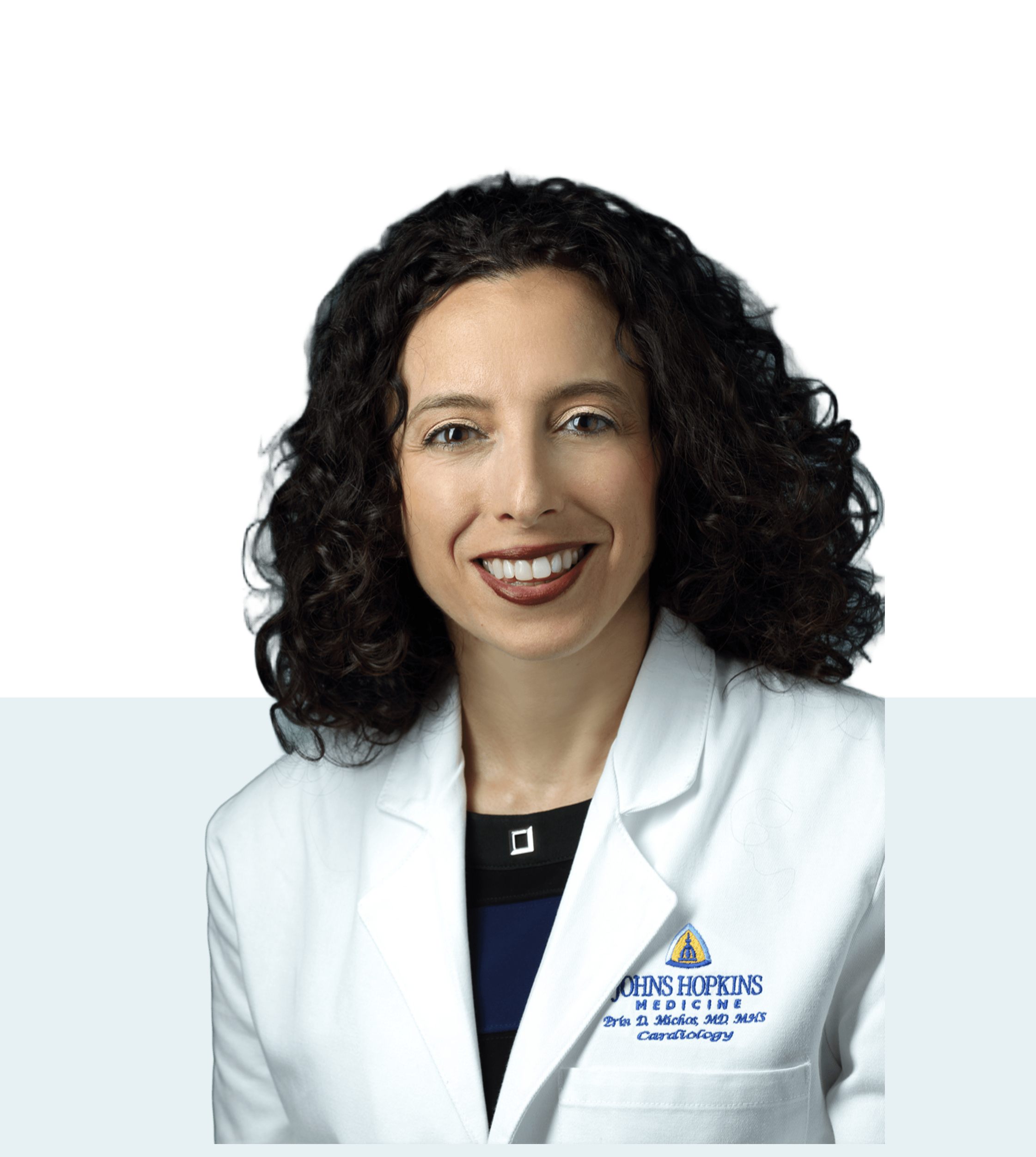
Biological and hormonal mechanisms linking sex and cardiometabolic risk
Erin D. Michos Johns Hopkins University, USA 16:45~17:05 -
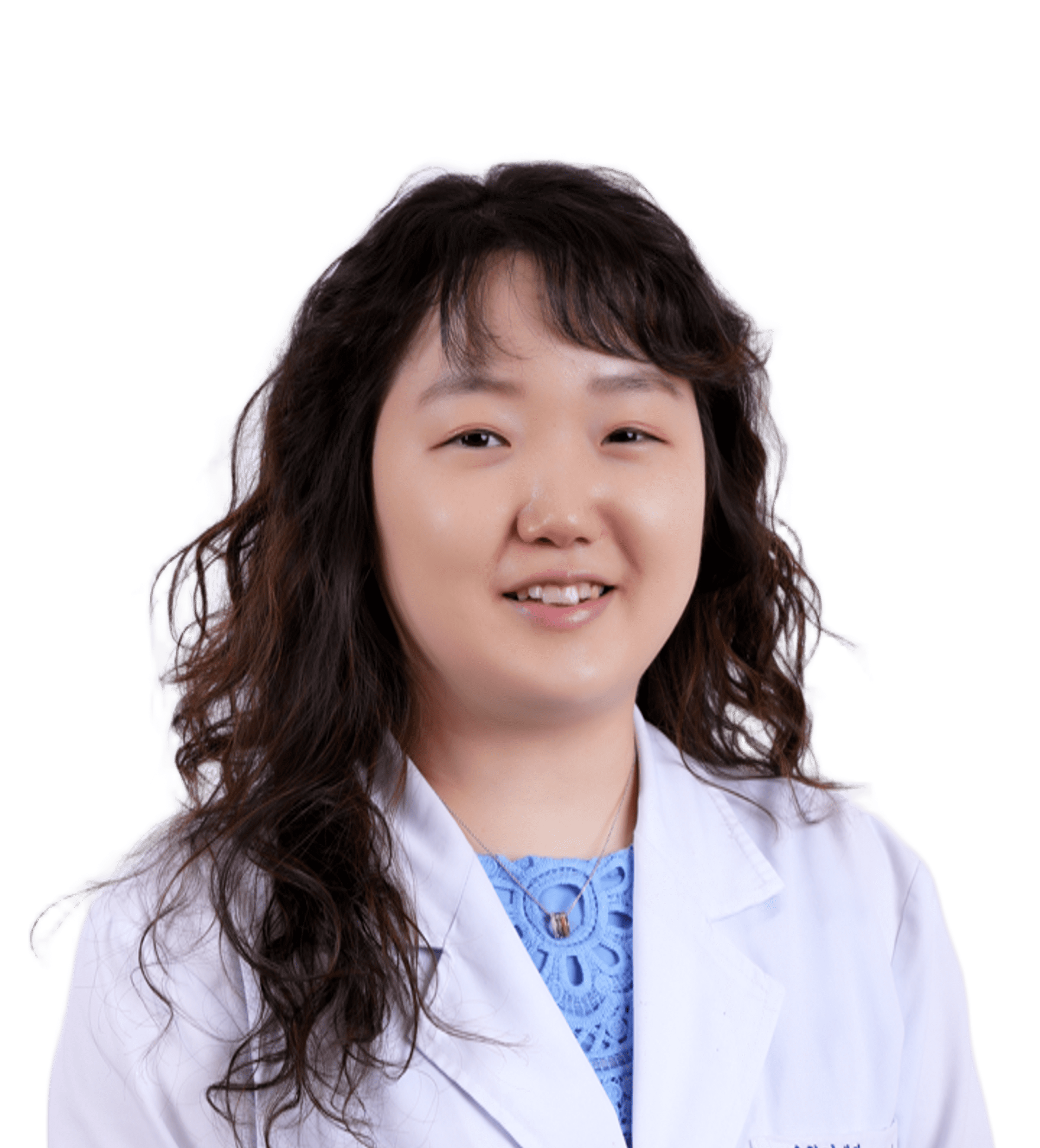
Sex and gender differences in risk assessment and biomarkers for cardiovascular disease
Ji Eun Lee Korea University, Republic of Korea 17:05~17:25 -

Do women and men respond differently to cardiometabolic therapies?
Hyun Ju Yoon Chonnam National University, Republic of Korea 17:25~17:45 - Panel Discussion 17:45~18:15
Chairperson(s) : Kyong Soo Park (Konkuk University, Republic of Korea)
Panel(s) : Shin-young Woo (Konyang University, Republic of Korea), Kyu-Sun Lee (Eulji University, Republic of Korea)
Chairperson(s) : Hidenori Arai (National Center for Geriatrics and Gerontology, Japan), Kwang-il Kim (Seoul National University, Republic of Korea)
Panel(s) : Jung-Woo Son (Yonsei University, Republic of Korea), Min Kyung Lee (Hanyang University, Republic of Korea), Ja Young Jeon (Ajou University, Republic of Korea), Jung Yeon Choi (Seoul National University, Republic of Korea)
DetailAs the number of elderly patients rapidly increase, this session is designed to understand the characteristics of these patients, such as their multimorbidity and fragility and to provide prevention and treatment strategies tailored to each disease and situation. Professor Dong-Ho Shin from Yonsei University, Republic of Korea, will discuss “Strategies for managing hyperlipidemia in fragile elderly patients.” Professor Soojin Yun from Kyung Hee University, Republic of Korea, will cover “Optimizing glucose control in fragile elderly patients with cardiometabolic syndrome.” Finally, Professor Hidenori Arai from National Center for Geriatrics and Gerontology, Japan, will deliver a lecture on “How to deal with multimorbidity and frailty for the prevention of cardiovascular disease.”
-
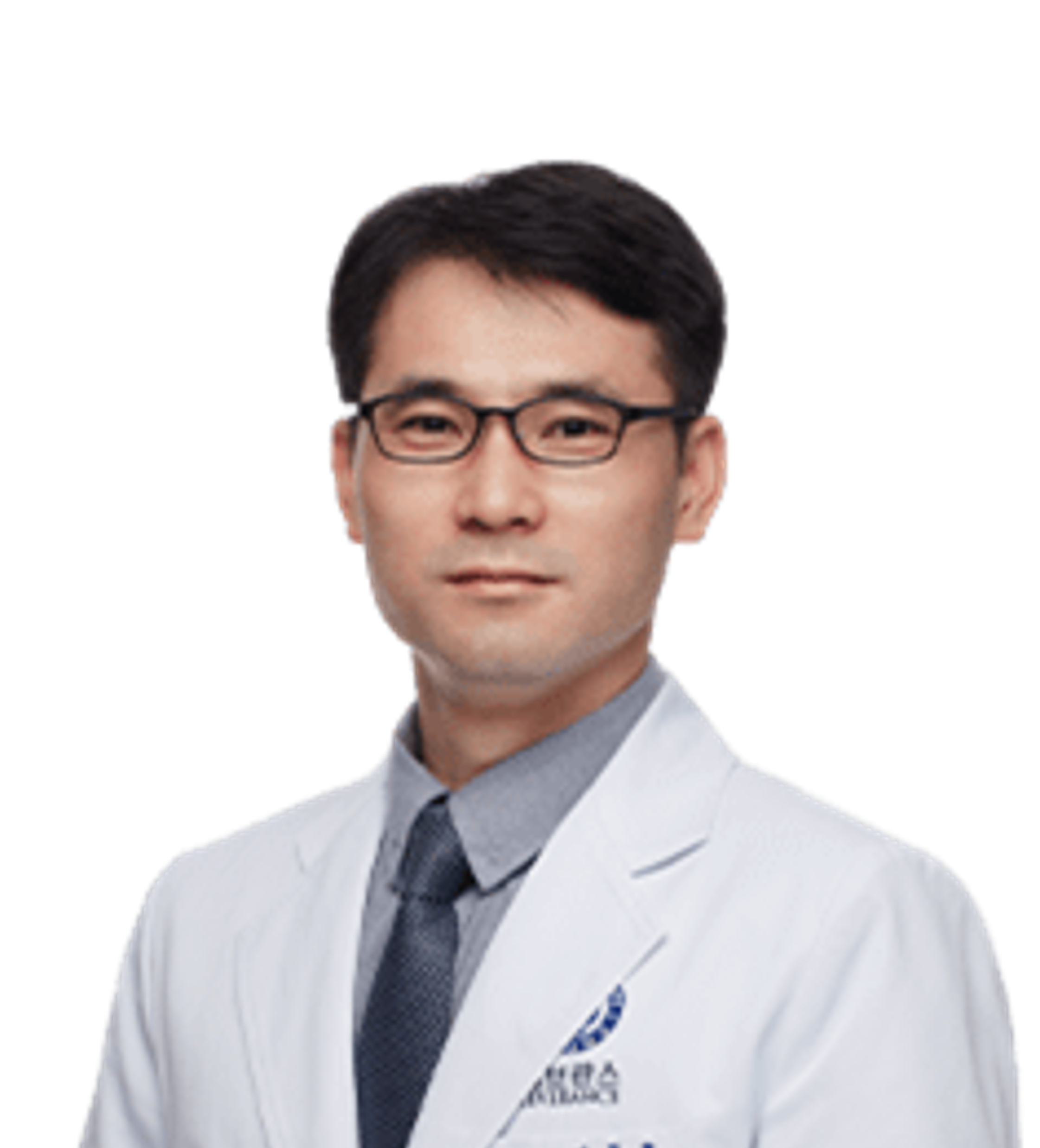
Strategies for managing hyperlipidemia in fragile elderly patients
Dong-Ho Shin Yonsei University, Republic of Korea 08:50~09:10 -
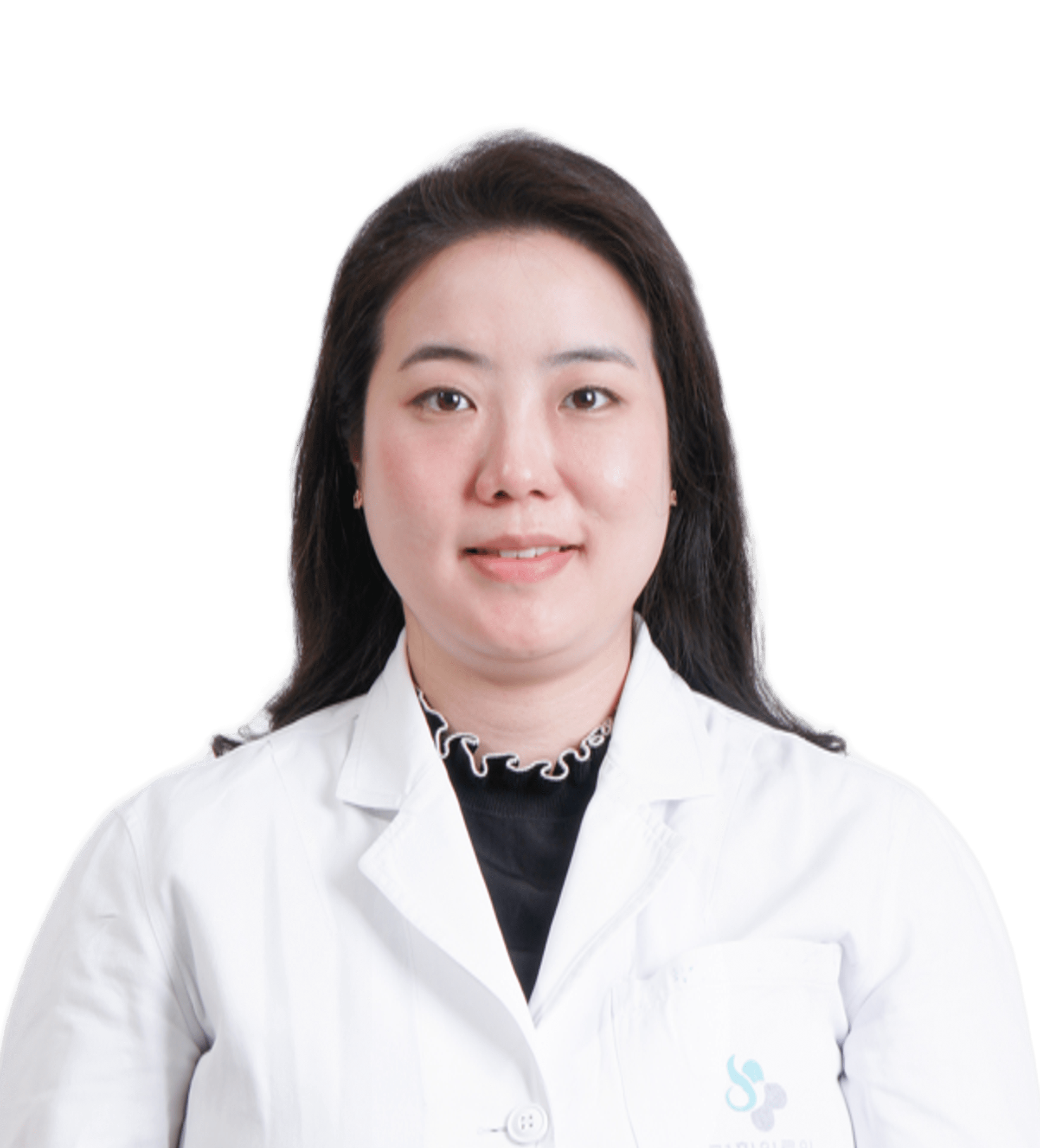
Optimizing glucose control in fragile elderly patients with cardiometabolic syndrome
Soo Jin Yun Kyung Hee University, Republic of Korea 09:10~09:30 -
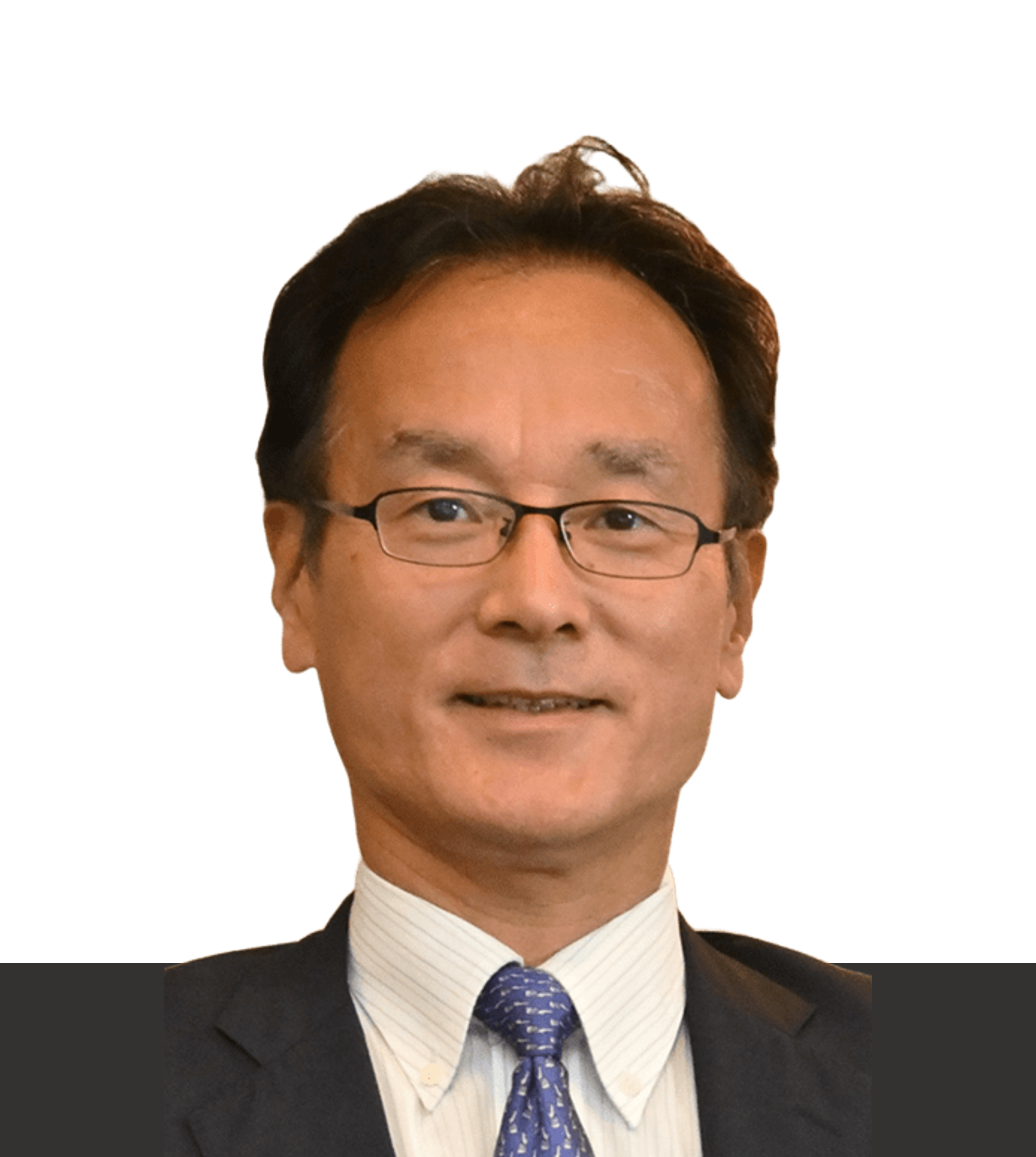
How to deal with multimorbidity and frailty for the prevention of cardiovascular disease
Hidenori Arai National Center for Geriatrics and Gerontology, Japan 09:30~09:50 - Panel Discussion 09:50~10:20
Chairperson(s) : Hak Chul Jang (Seoul National University, Republic of Korea)
Panel(s) : Seokhun Yang (Seoul National University, Republic of Korea), Kyong Hye Joung (Chungnam National University, Republic of Korea)
Chairperson(s) : Masayuki Yoshida (Institute of Science Tokyo, Japan), Sang Hong Baek (The Catholic University of Korea, Republic of Korea)
Panel(s) : Minjeong Kim (Ewha Womans University, Republic of Korea), Sungjoon Park (Seoul National University, Republic of Korea), Sung Kee Ryu (Ewha Womans University, Republic of Korea)
DetailThis session explores the emerging clinical challenges of atherosclerosis in patients with complex comorbidities such as cancer survivorship, metabolic dysfunction, and autoimmune diseases. Professor Nuri Lee from Chonnam National University, Republic of Korea, will address the balance between cardiovascular and oncologic risks in cancer survivors, highlighting tailored lipid management strategies. Professor Won Kim from Seoul National University, Republic of Korea, will discuss metabolic dysfunction-associated steatotic liver disease (MASLD/MAFLD) as a novel cardiovascular risk equivalent. Lastly, Professor Ji-Won Kim from Daegu Catholic University, Republic of Korea, will focus on atherosclerosis in rheumatoid arthritis and systemic autoimmune diseases, providing clinical perspectives on inflammation-driven vascular risk. This session will offer invaluable insights into how systemic comorbidities alter cardiovascular risk and management, making it essential for clinicians and researchers interested in complex patient populations.
-

Atherosclerosis and lipid management in cancer survivors: balancing cardiovascular and oncologic risks
Nuri Lee Chonnam National University, Republic of Korea 14:50~15:10 -
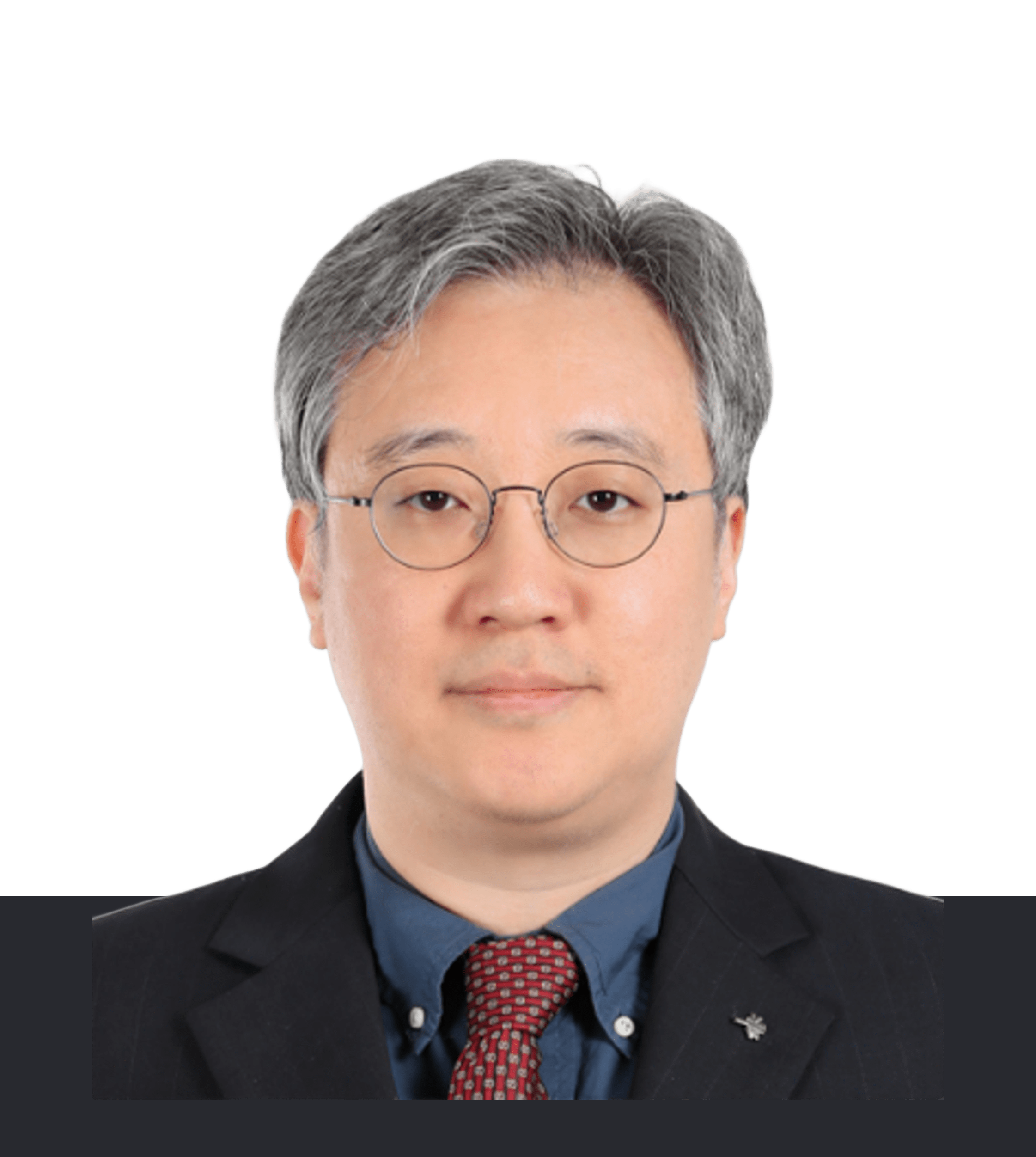
Metabolic dysfunction-associated steatotic liver disease as a cardiovascular risk equivalent
Won Kim Seoul National University, Republic of Korea 15:10~15:30 -
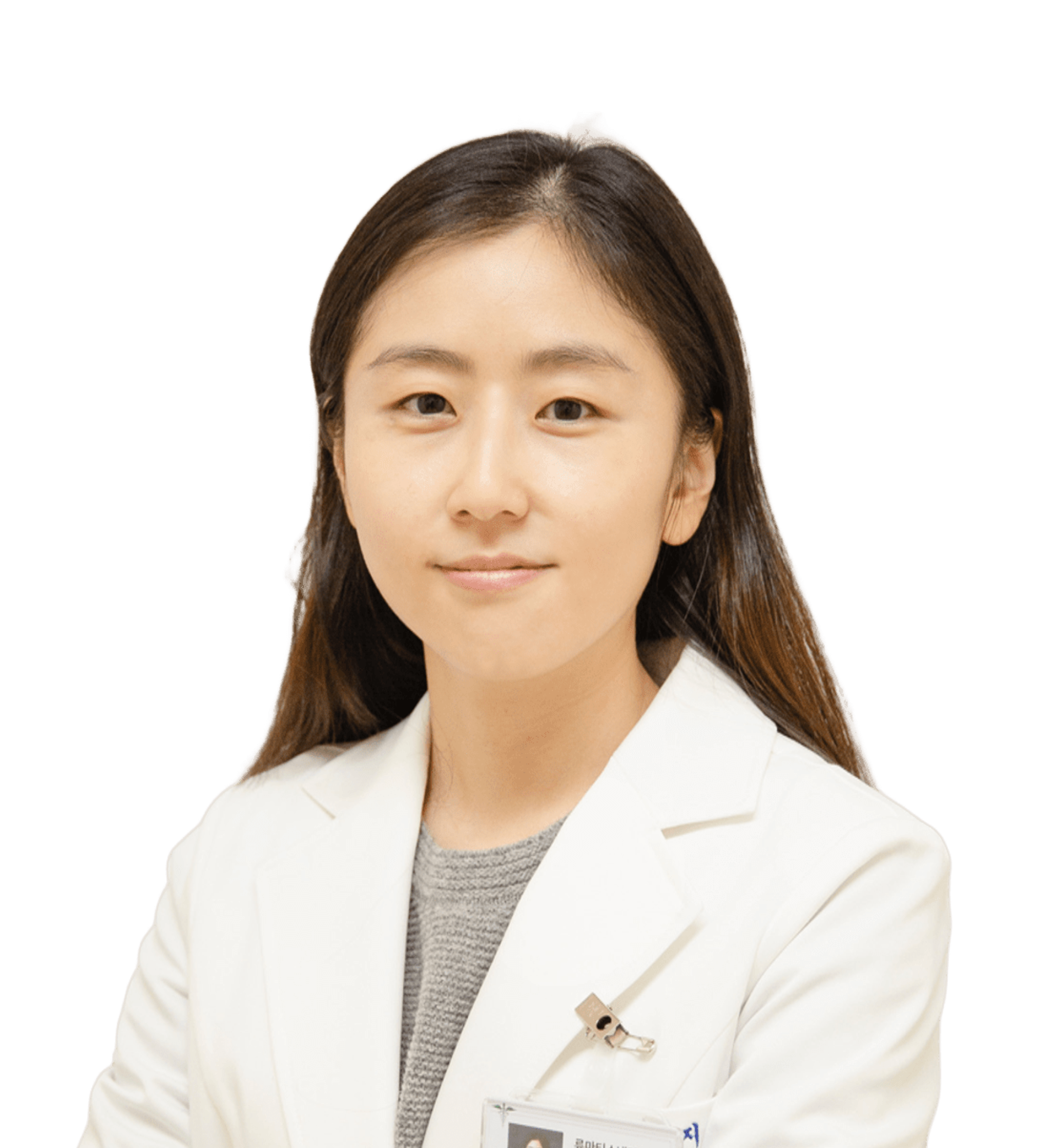
Atherosclerosis in chronic inflammatory diseases: focus on rheumatoid arthritis and systemic autoimmunity
Ji-Won Kim Daegu Catholic University, Republic of Korea 15:30~15:50 - Panel Discussion 15:50~16:20
Chairperson(s) : Chi Dae Kim (Pusan National University, Republic of Korea), Young Mi Park (Ewha Womans University, Republic of Korea)
Panel(s) : Jun Namkung (Yonsei University, Republic of Korea), Taesik Park (Gachon University, Republic of Korea), Jae-Han Jeon (Kyungpook National University, Republic of Korea), Su Myung Jung (Sungkyunkwan University, Republic of Korea)
DetailLipid-immune crosstalk plays a critical role in shaping vascular repair mechanisms and the progression of atherosclerotic disease. This session highlights how specific lipid signals influence immune cell behavior and vascular pathology. Professor Younggeun Ahn from Chonnam National University, Republic of Korea, will present how IKKε-deficient macrophages impair cardiac repair post-myocardial infarction by promoting the macrophage-to-myofibroblast transition. Professor Wei Kong from Peking University, China, will discuss how ceramide sensing via CYSLTR2 and P2RY6 contributes to the aggravation of atherosclerosis, revealing novel lipid-sensing inflammatory circuits. Dr. Hyunbeom Lee from KIST, Republic of Korea, will provide a systems-level perspective on how lipidomics can be utilized to better understand human disease. This session will offer deep insights into lipid-mediated immune regulation and its implications for vascular health and therapeutic strategies.
-
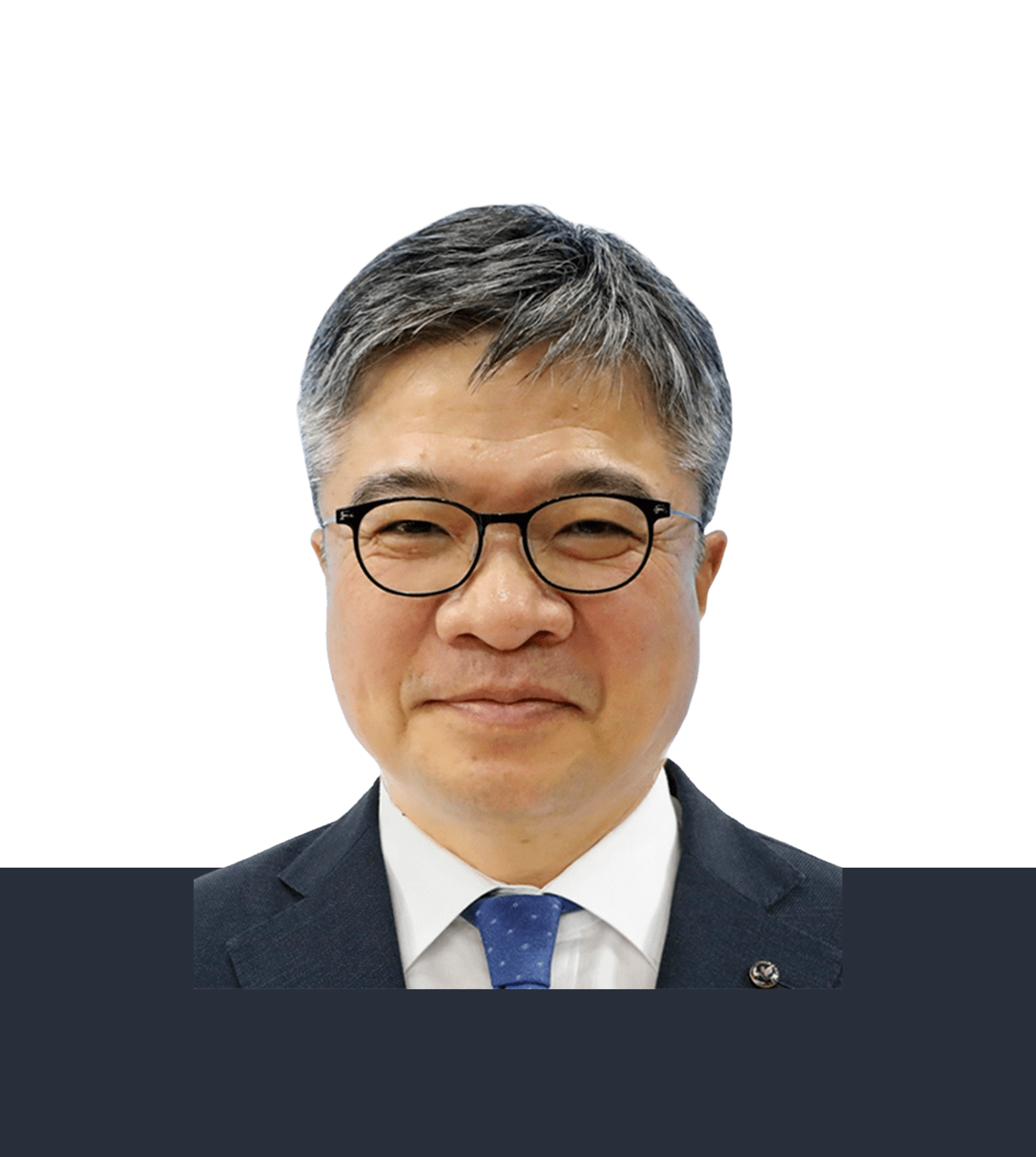
IKKε-deficient macrophages impede cardiac repair after myocardial infarction by enhancing the macrophage-myofibroblast transition
Youngkeun Ahn Chonnam National University, Republic of Korea 16:20~16:40 -
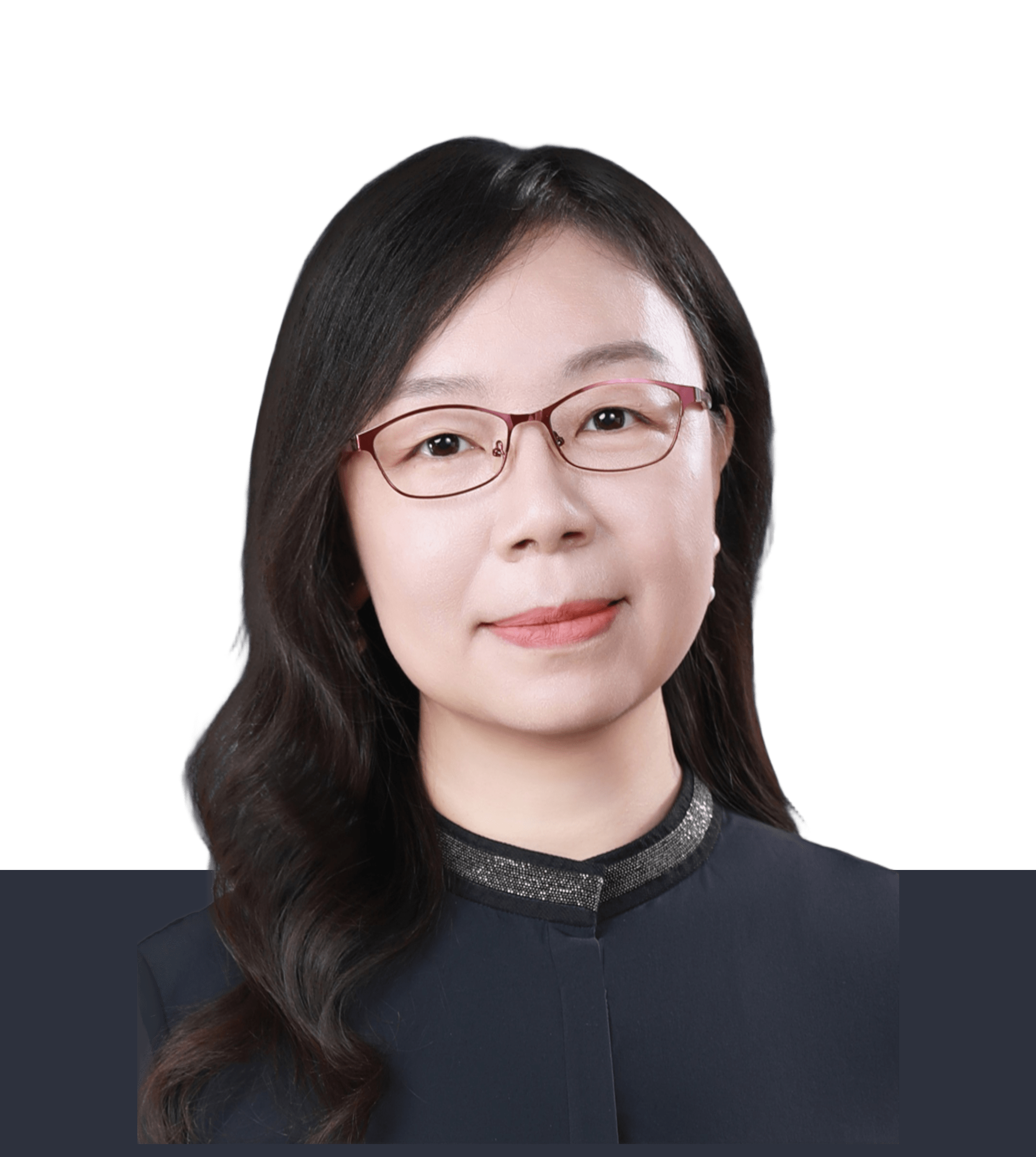
Sensing ceramides by CYSLTR2 and P2RY6 to aggravate atherosclerosis
Wei Kong Peking University, China 16:40~17:00 -
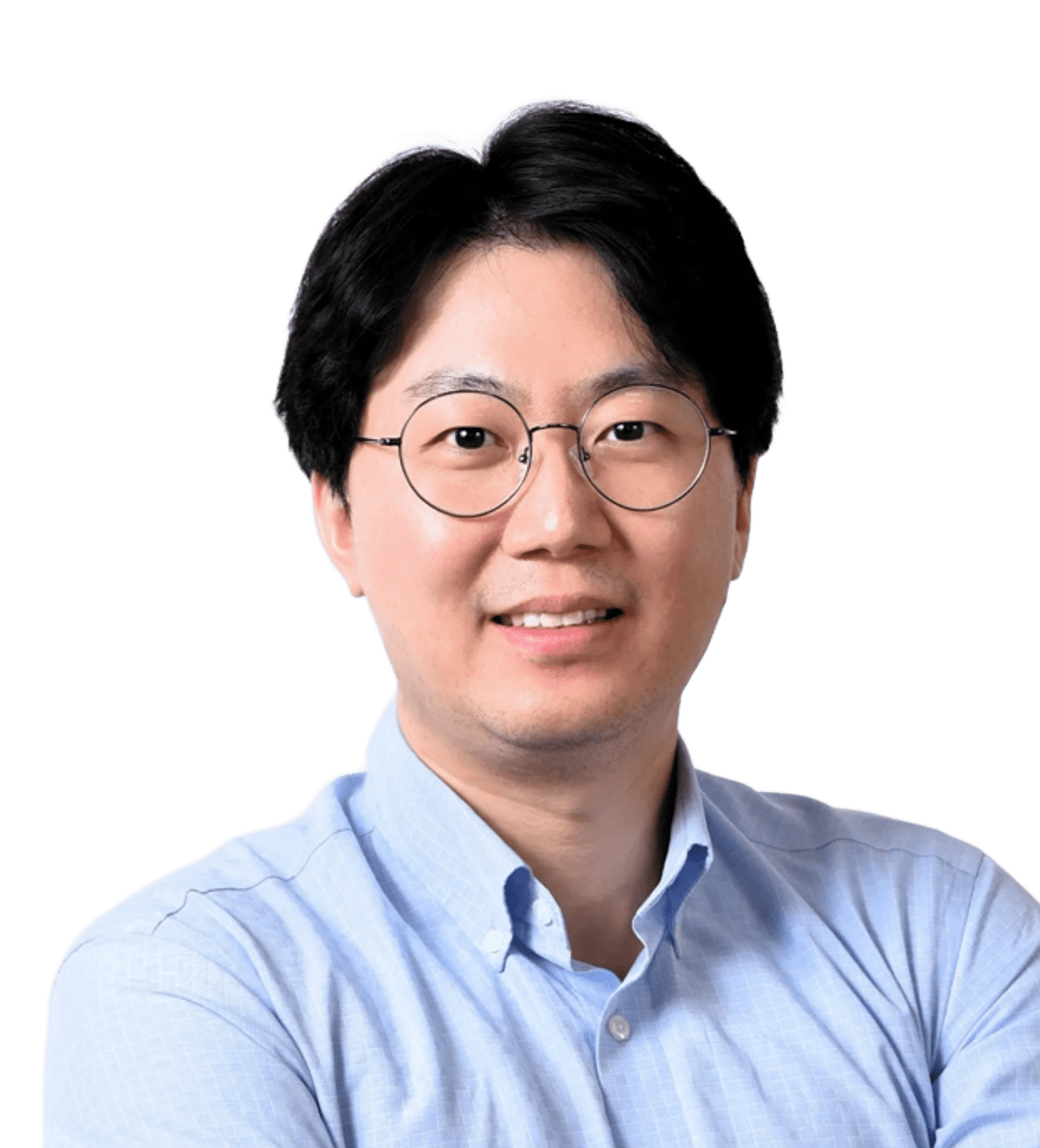
Targeting the USP35–FASN axis and choline metabolism in cancer: a lipidomics perspective
Hyunbeom Lee Korea Institute of Science and Technology (KIST), Republic of Korea 17:00~17:20 - Panel Discussion 17:20~17:50

